You are here: Home > Individuals > Names behind warka streets
x
NAMES BEHIND WARKA STREETS
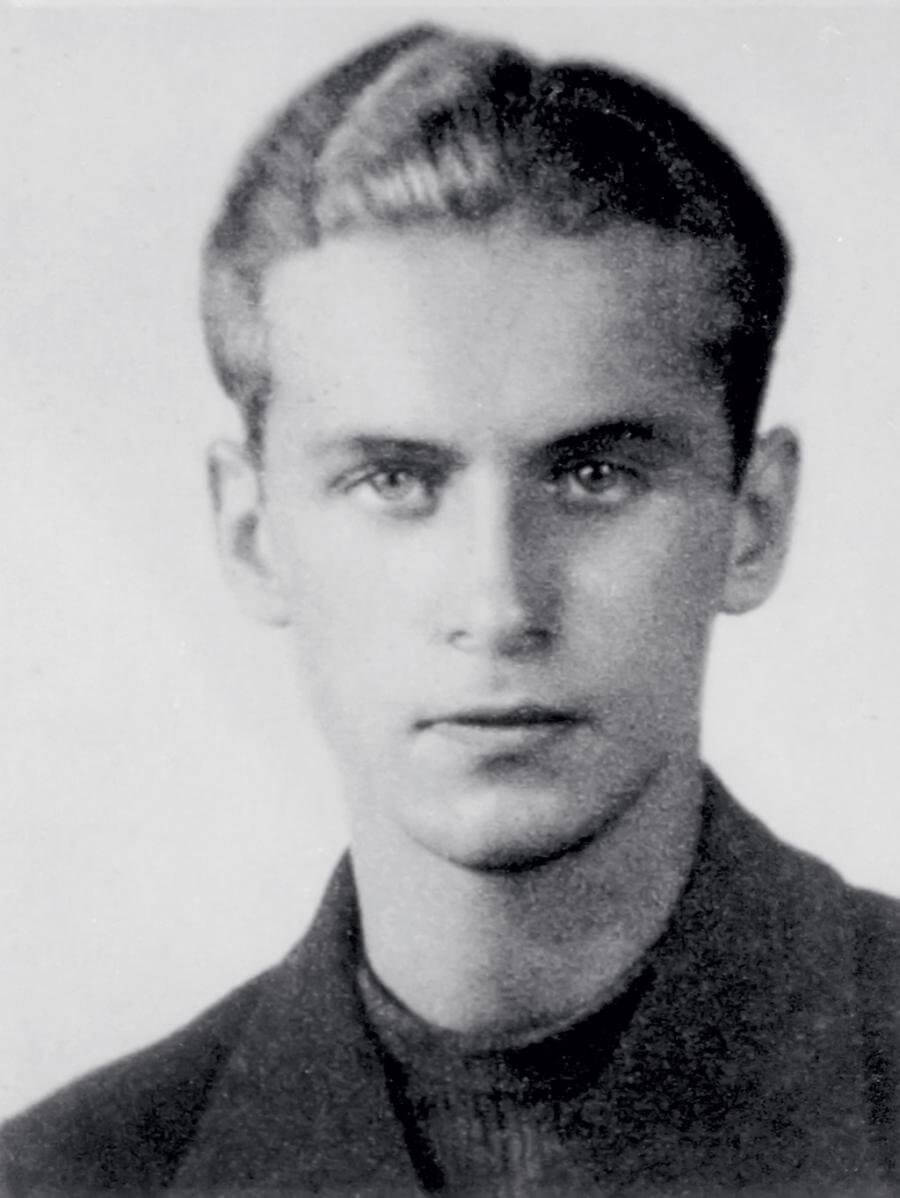
Krzysztof Kamil Baczyński (1921-1944)
The poet lived during World War II; he was an officer cadet and a lower rank scoutmaster of the underground paramilitary unit Gray Ranks (Szare Szeregi) of the Polish Scouting Association (Związek Harcerstwa Polskiego), tied to the magazine “Flames” (“Płomienie”) and the monthly “Way” (“Droga”). He died during the Warsaw Uprising as a soldier in the “Umbrella” (Parasol) battalion of the Home Army.
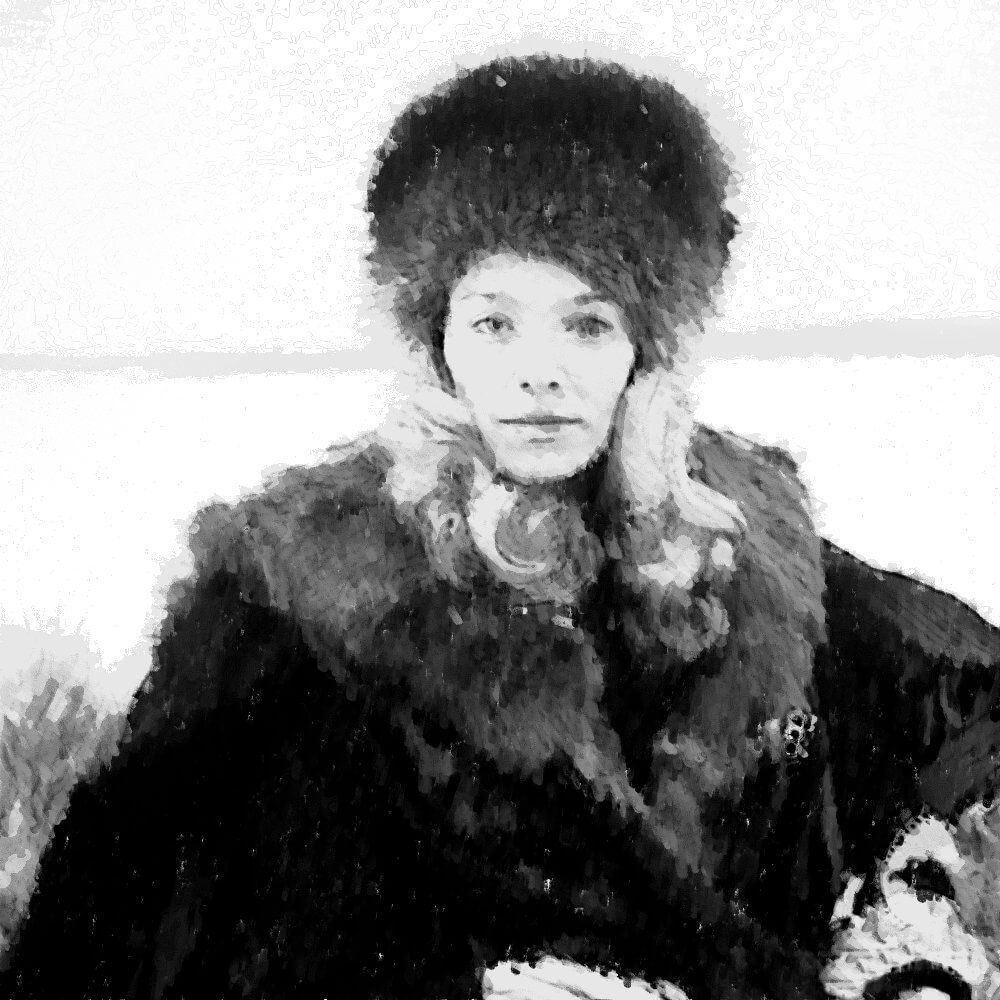
Oleńka Billewicz
One of the main characters in Henryk Sienkiewicz’s “The Deluge” (“Potop”), also featured in “Colonel Wołodyjowski”’ (“Pan Wołodyjowski”). Of Lithuanian descent, a noble of the Laudanian region, she was entrusted to their care (after her grandfather’s Heracles passing.) Owned the village of Wodokty. Became the love object for the equally fictional Andrzej Kmicic.
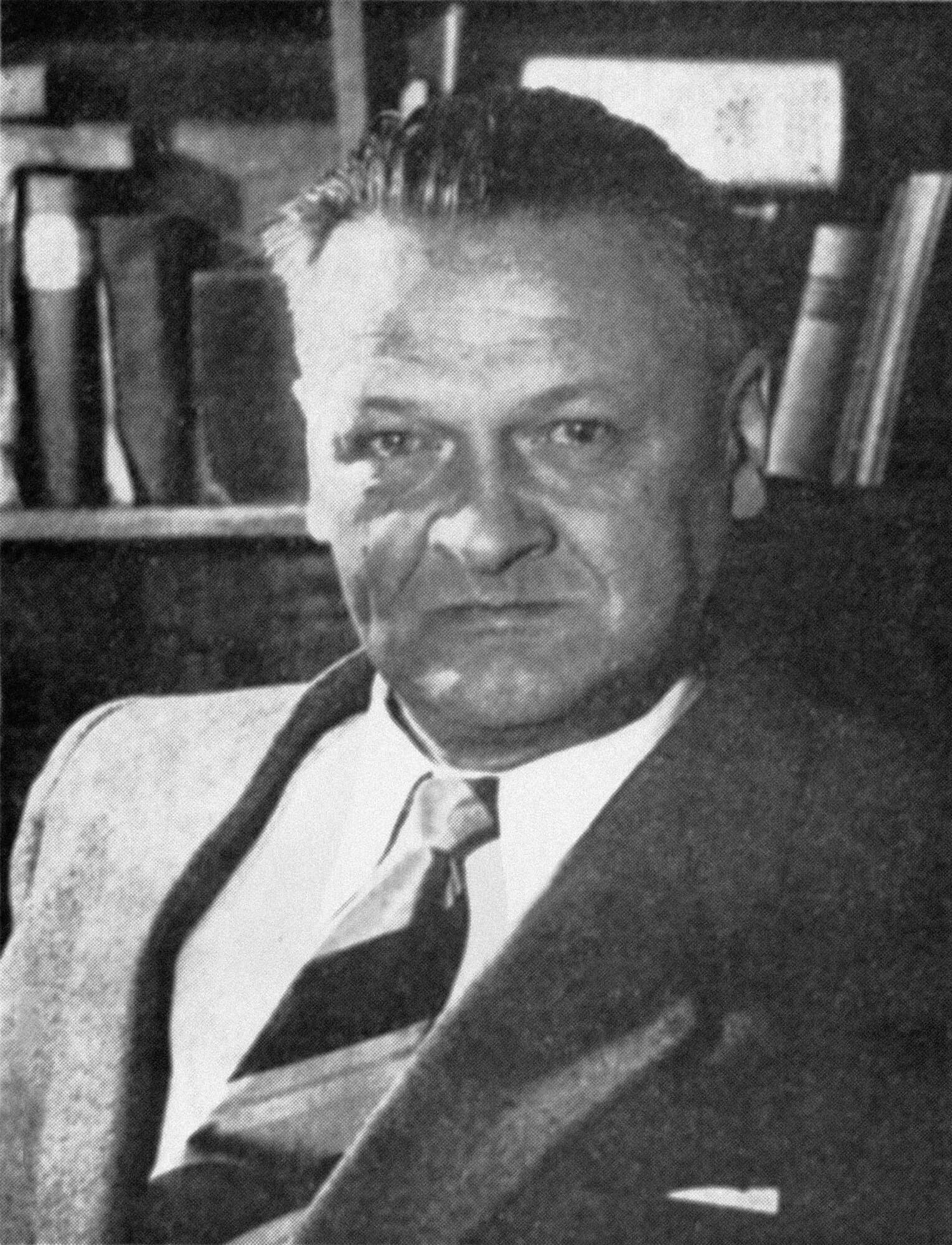
Władysław Broniewski (1897-1962)
A poet who represented revolutionary lyric poetry; translator; soldier in the Polish Legions, served during the Polish-Soviet War. His most remarkable works include “Bayonets Ready” (“Bagnet na broń”) and “The Polish Soldier” (“Żołnierz polski”), which at one time were the core of the repertoire at school assemblies.
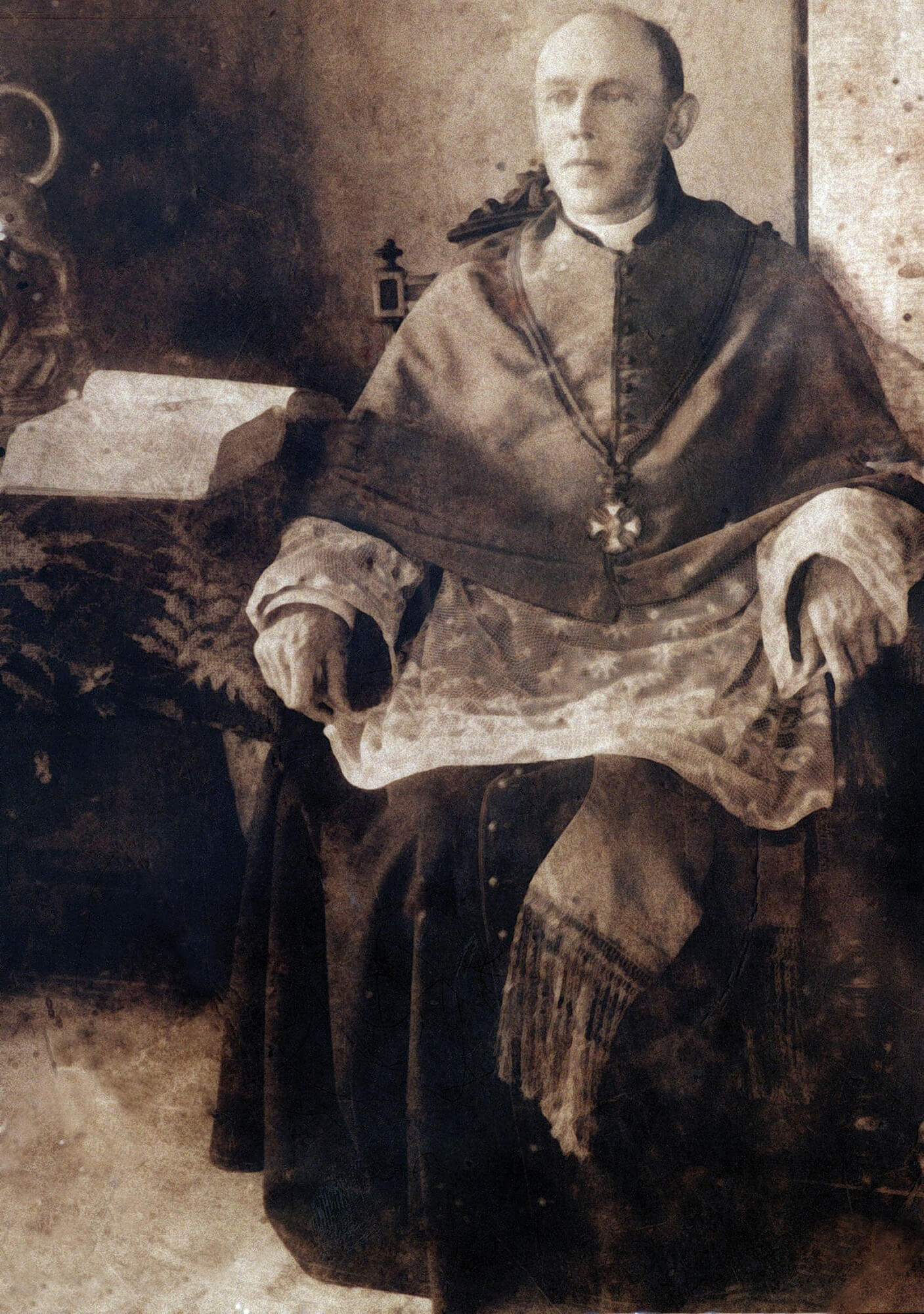
Fr. Marceli Ciemniewski (1862-1927)
A parish priest in Warka in the years 1897-1927, Warsaw canon, co-writer for the religious press, editor of the local magazine “Evening Stories” (“Gawędy Wieczorne”), author of “The History of the Town of Warka” (“Dzieje miasta Warki”). In 2012, the Town and Municipal Public Library in Warka was named for him. His articles on public life beam with a particular sense of humor.
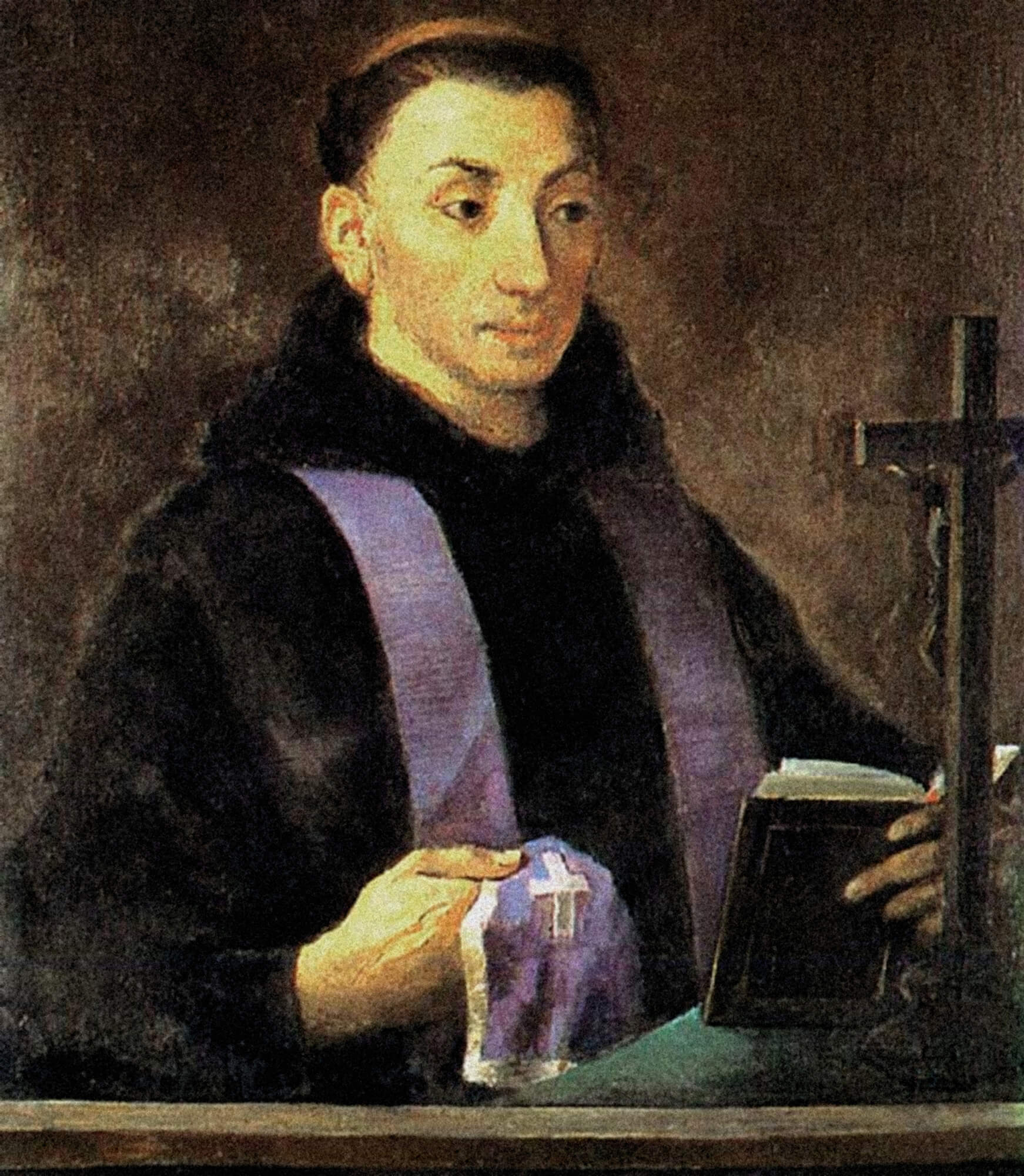
Fr. Rafał Chyliński (1694-1741)
Member of the Conventual Franciscans; a confessor, preacher, guardian of the suffering, poor, and abandoned. He was made blessed in 1991. In the 1720s, Fr. Chyliński visited the Franciscan Order in Warka, where he served as a preacher and Head of the Order ad interim. During periods of famine, he gave food to local beggars, for which he was scolded by the new Superior of the Order and ordered to shave his head to resemble an insane person, which the Superior believed him to be.
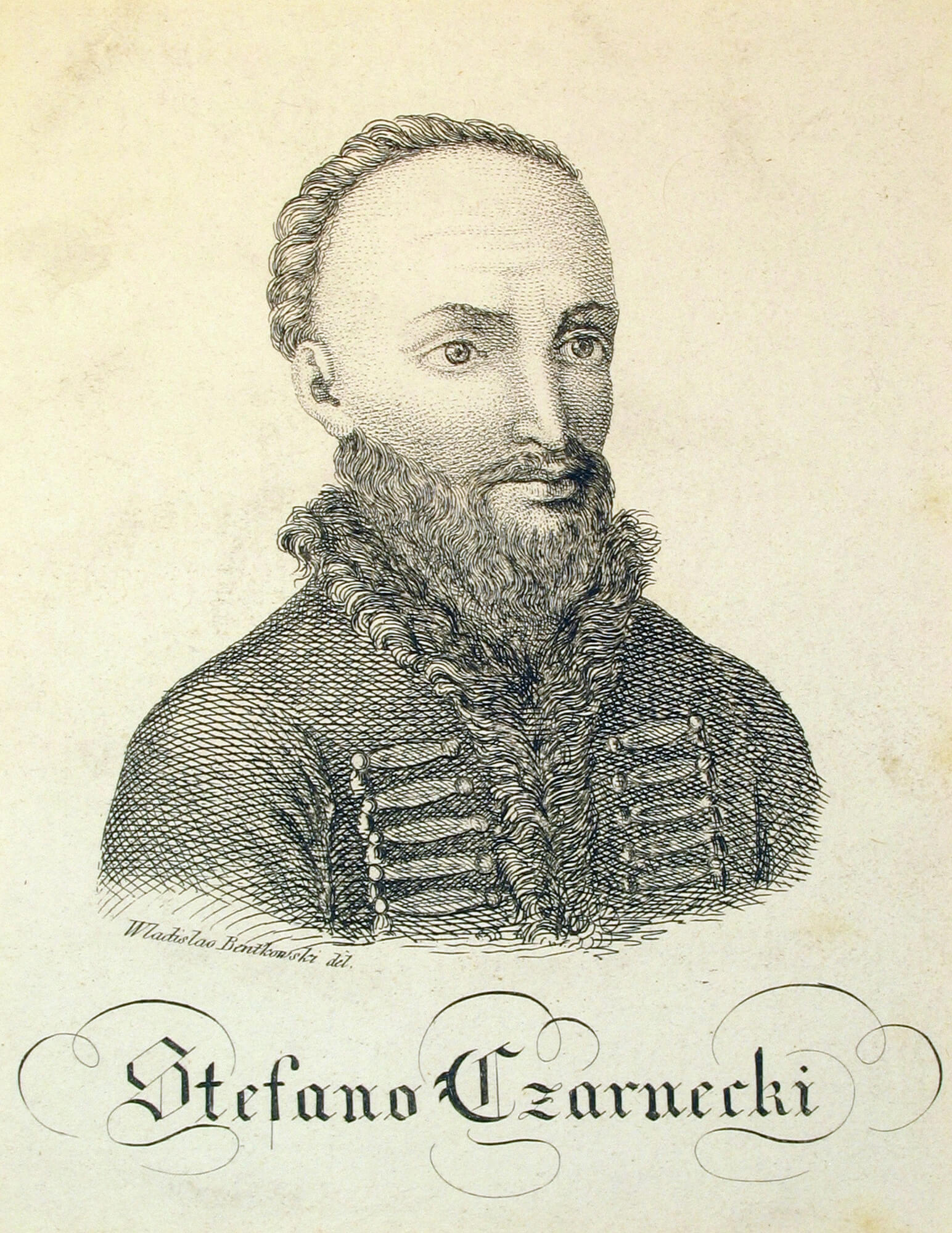
Stefan Czarniecki (1599-1665)
One of the most prominent Polish commanders of the 1600s. Praefectus Castrorum Regni, Castellan of Kiev, Deputy Hetman, Governor of the Kiev Province, Kovel, and Tykocin Districts, right before his death nominated Field Hetman of the Crown. On April 7, 1656, Czarniecki defeated Swedish troops at Warka. The market square in Warka, the bridge on the Pilica River, as well as elementary schools in Ostrołęka and Rozniszew were named for him. In 2013, to commemorate the victory in the Battle at Warka, the Town’s authorities unveiled an equestrian monument of Czarniecki in the market square.
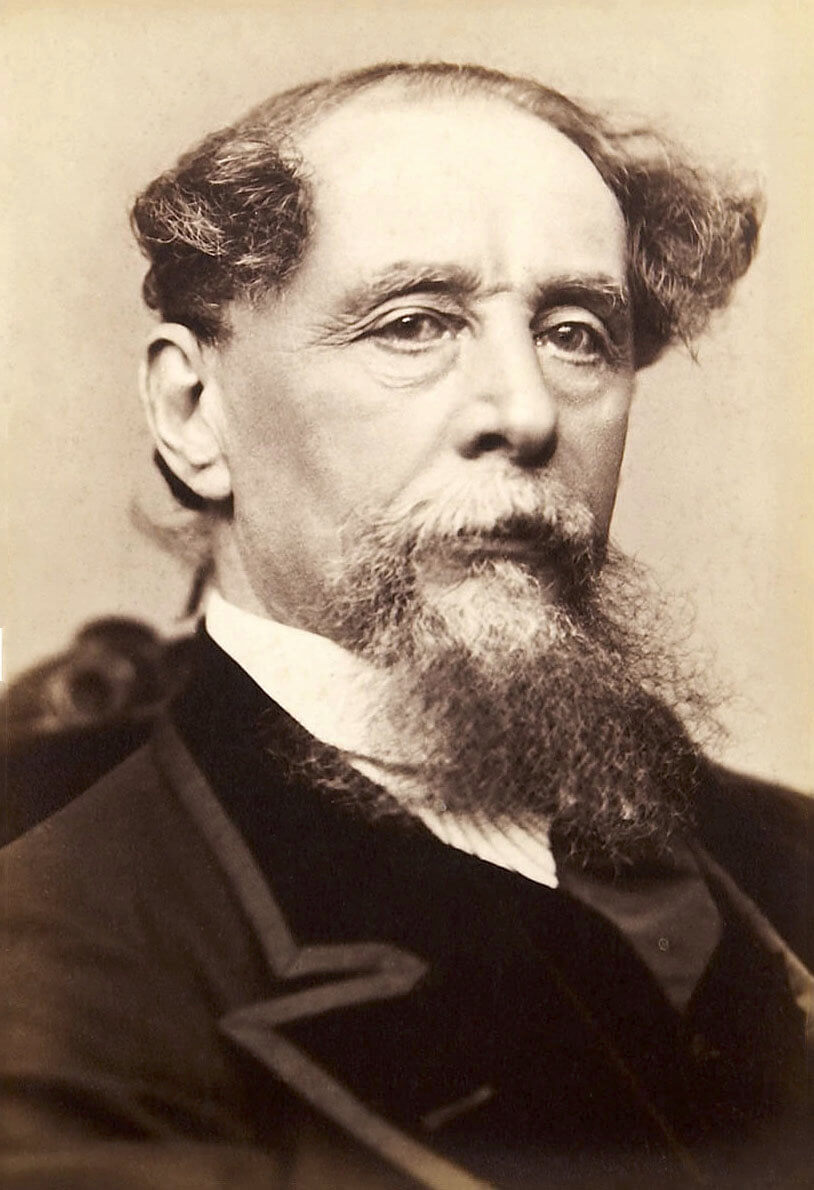
Charles Dickens (1812-1870)
A writer who used his works to give voice to those affected by injustice, social cruelty, and callous laws directed at the poor. His success began with “The Pickwick Papers.”
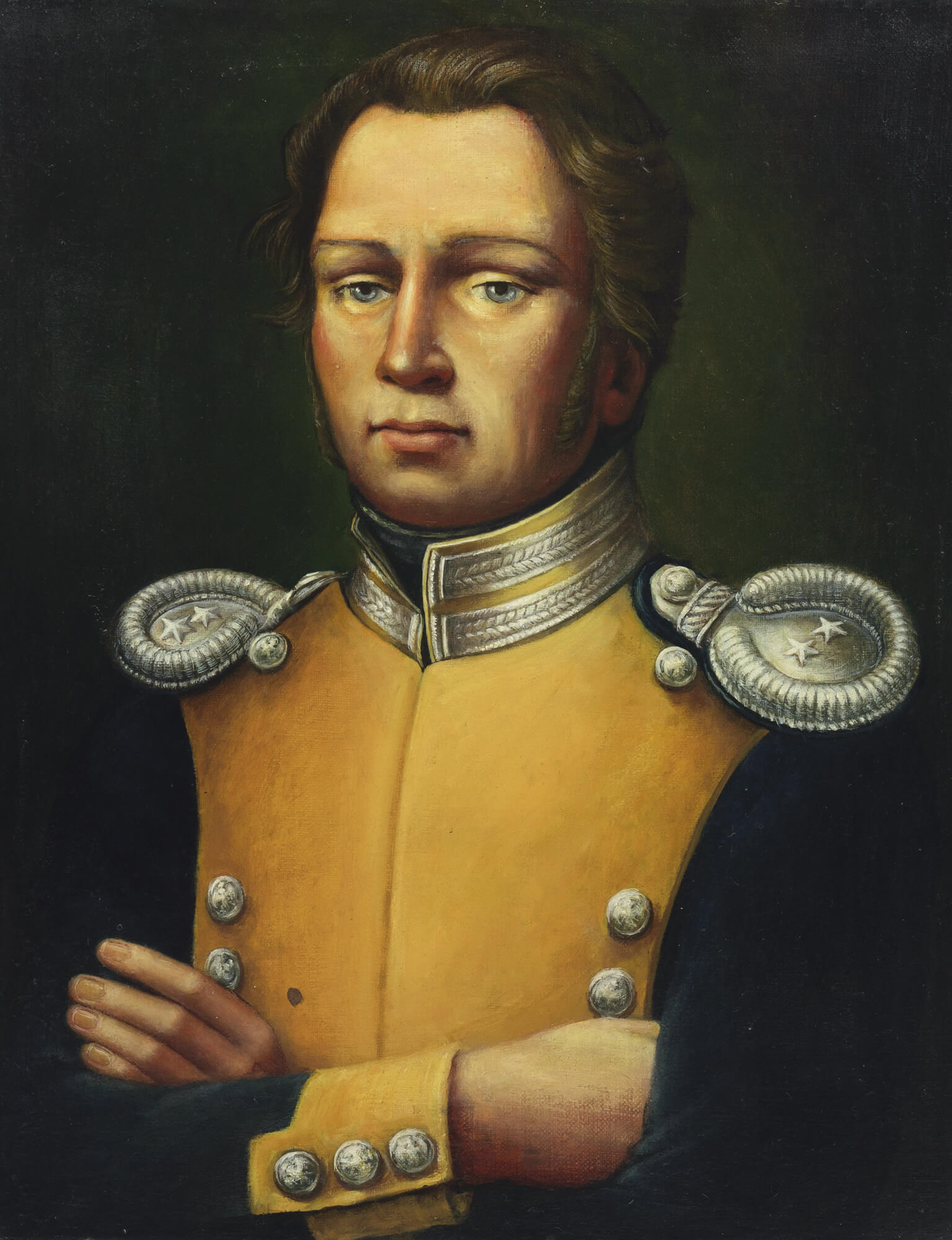
Piotr Wysocki (1797-1875)
Born in Winiary, which now forms part of Warka. An officer in Congress Poland and a commander of the officer cadets’ conspiracy, which led to the November Uprising on November 29, 1830. Exiled to Siberia, he returned to Warka in 1857 to stay for good. In 2007, the Town’s authorities unveiled a monument in his honor.
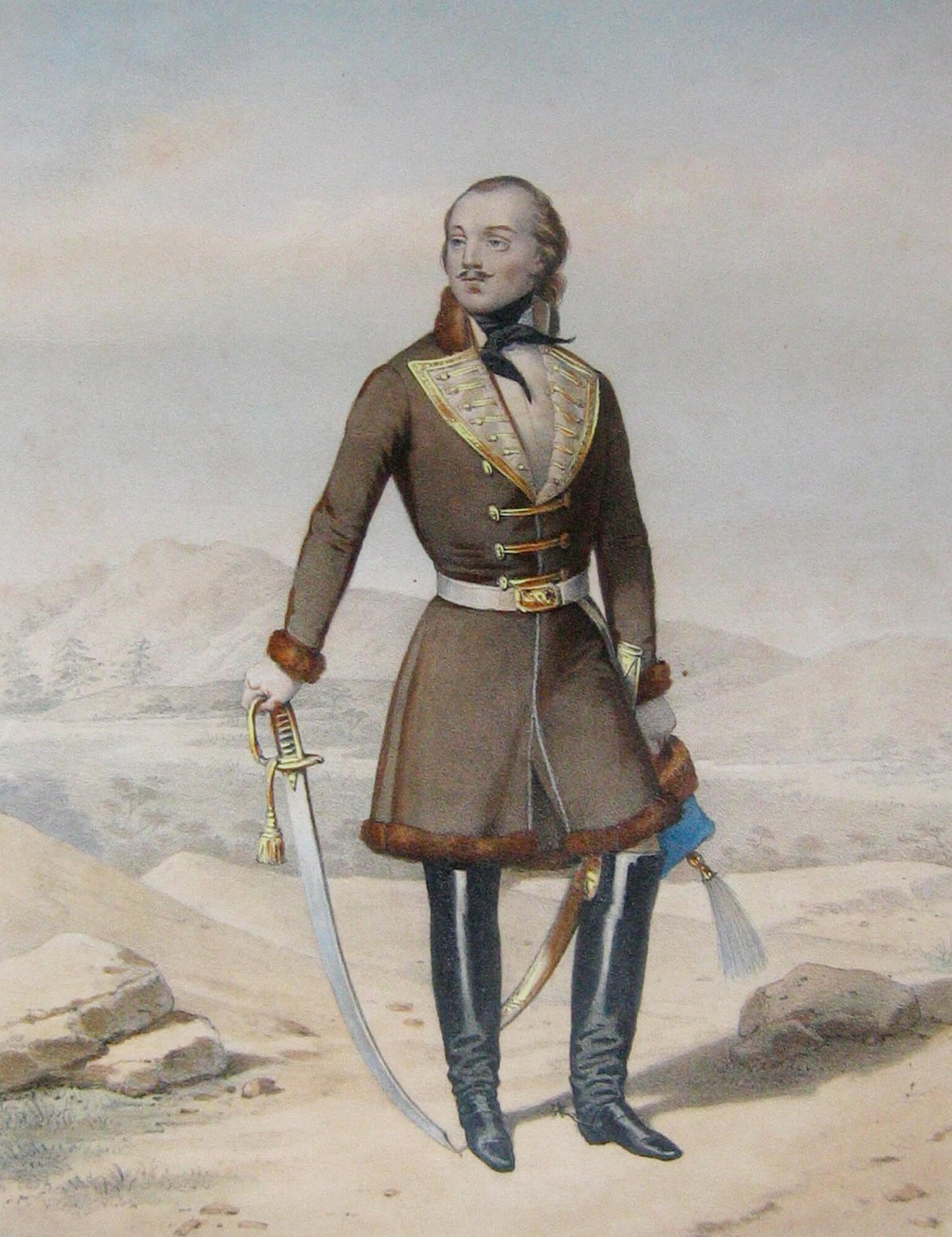
Casimir Pulaski (1745-1779)
Son of Warka District Governor Joseph Pulaski, one of the greatest commanders of the Confederation of Bar, Brigadier General, and Hero of the American Revolutionary War. Died from complications following a wound he received in the Battle at Savannah. In 1967, Warka authorities opened the Casimir Pulaski Museum and in 1979, they unveiled a monument dedicated to the Hero. In 2009, the American Congress awarded Pulaski the title of Honorary Citizen of the United States of America.
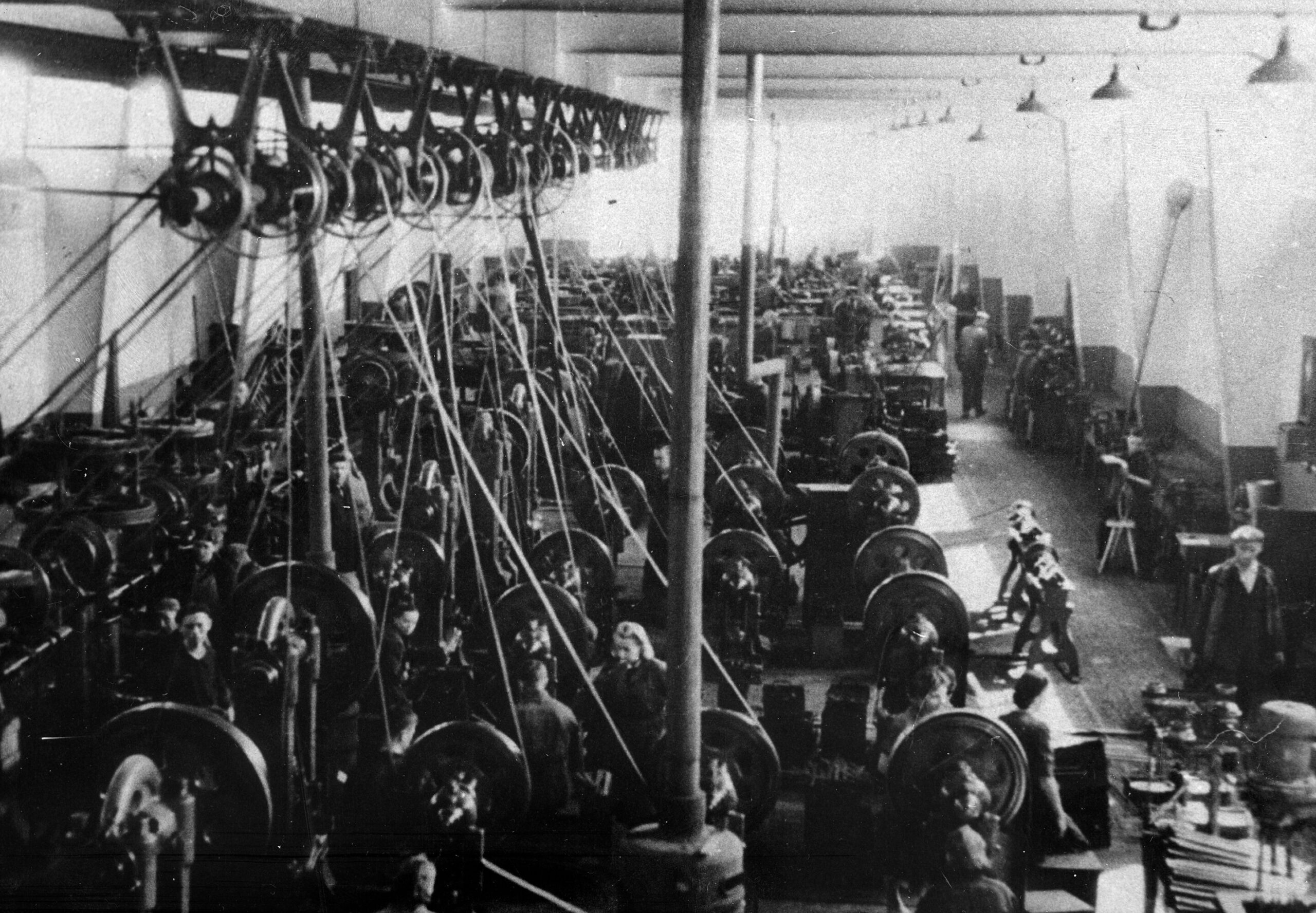
Lubert Brothers
The Lubert family settled in Warka in the 1820s. In late 19th and early 20th centuries, brothers Joseph and Władysław Lubert, sons of Wojciech, took the family locksmithing business to the next level and named it “Bracia Lubert” Construction Hardware Factory (Fabryka Okuć Budowlanych i Odlewnia Metali „Bracia Lubert”.) With time, it became the biggest factory in the district of Grójec, giving numerous Warka families the possibility to work and earn a living.
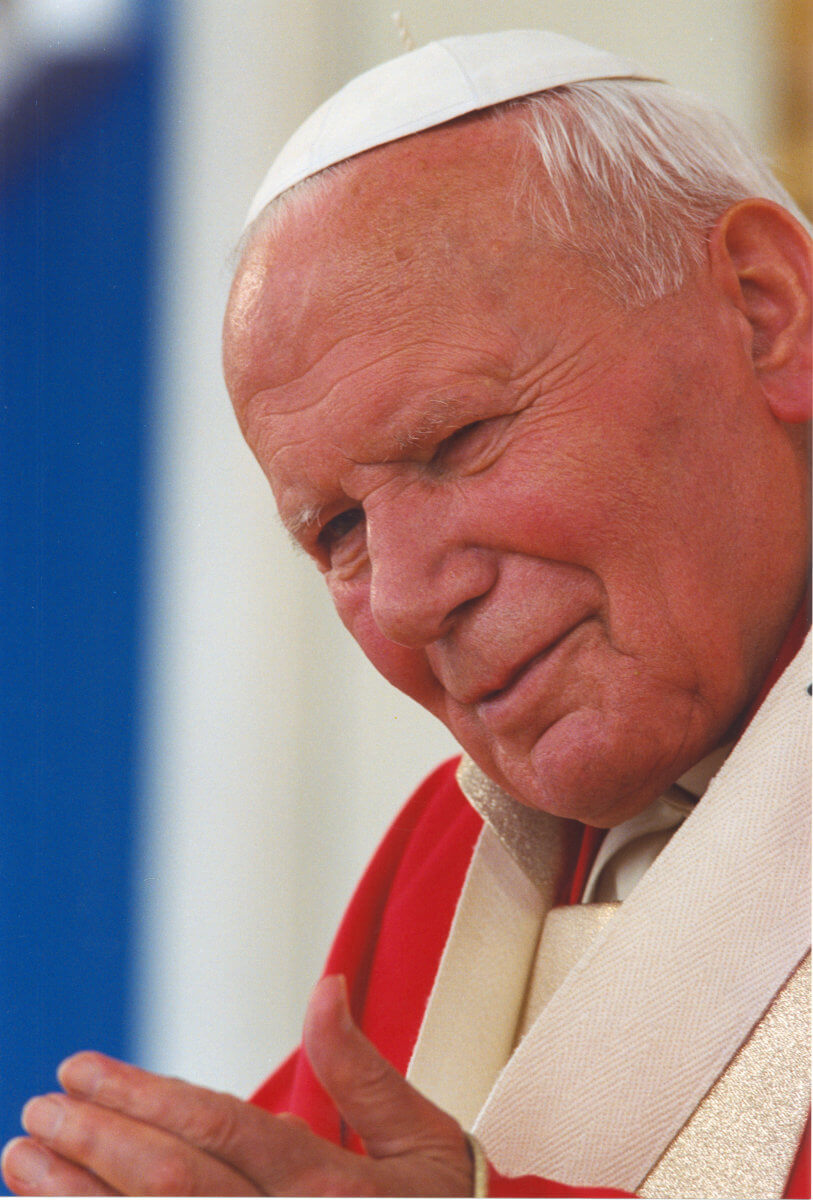
John Paul II (1920-2005)
Roman Catholic Pope John Paul II served the world as Head of the Catholic Church in the years 1978-2005. When he was still Karol Wojtyła–Cardinal and Kraków Metropolitan Archbishop–the soon-to-be Pope participated in the funeral ceremony of Cardinal Stanisław Wyszyński in Wrociszew and the coronation of the miraculous image of the Holy Mary at the Sanctuary in Lewiczyn near Warka.
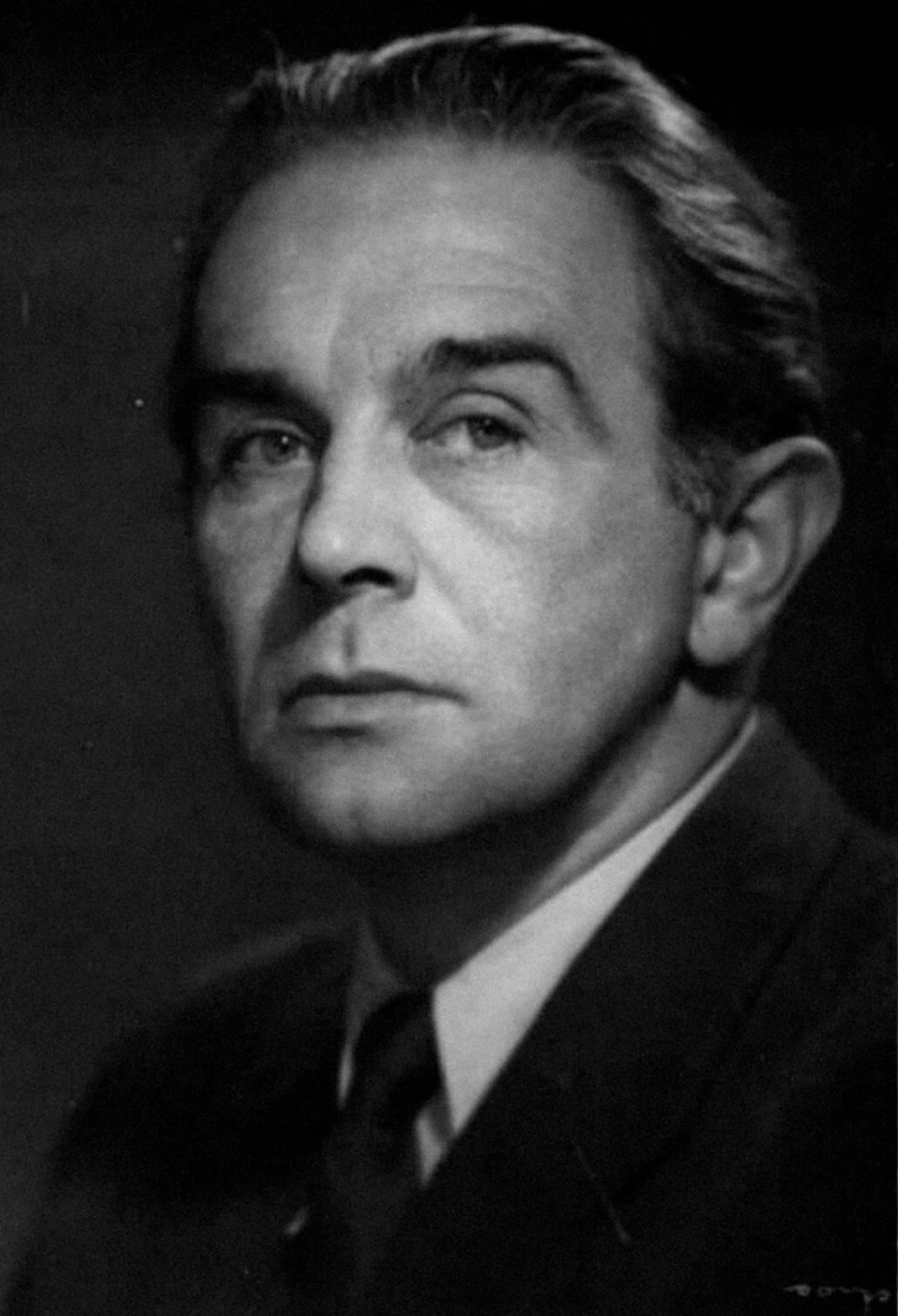
Konstanty Ildefons Gałczyński (1905-1953)
The poet created an independent movement in lyric poetry and the motif of a ‘gypsy poet,’ characteristic to this genre. Author of “Song of the Soldiers of Westerplatte” (“Pieśń o żołnierzach z Westerplatte”), “The Enchanted Carriage” (“Zaczarowana Dorożka”), a series of literary humoresques “The Green Goose Theater” (“Teatrzyk Zielona Gęś”), and more.
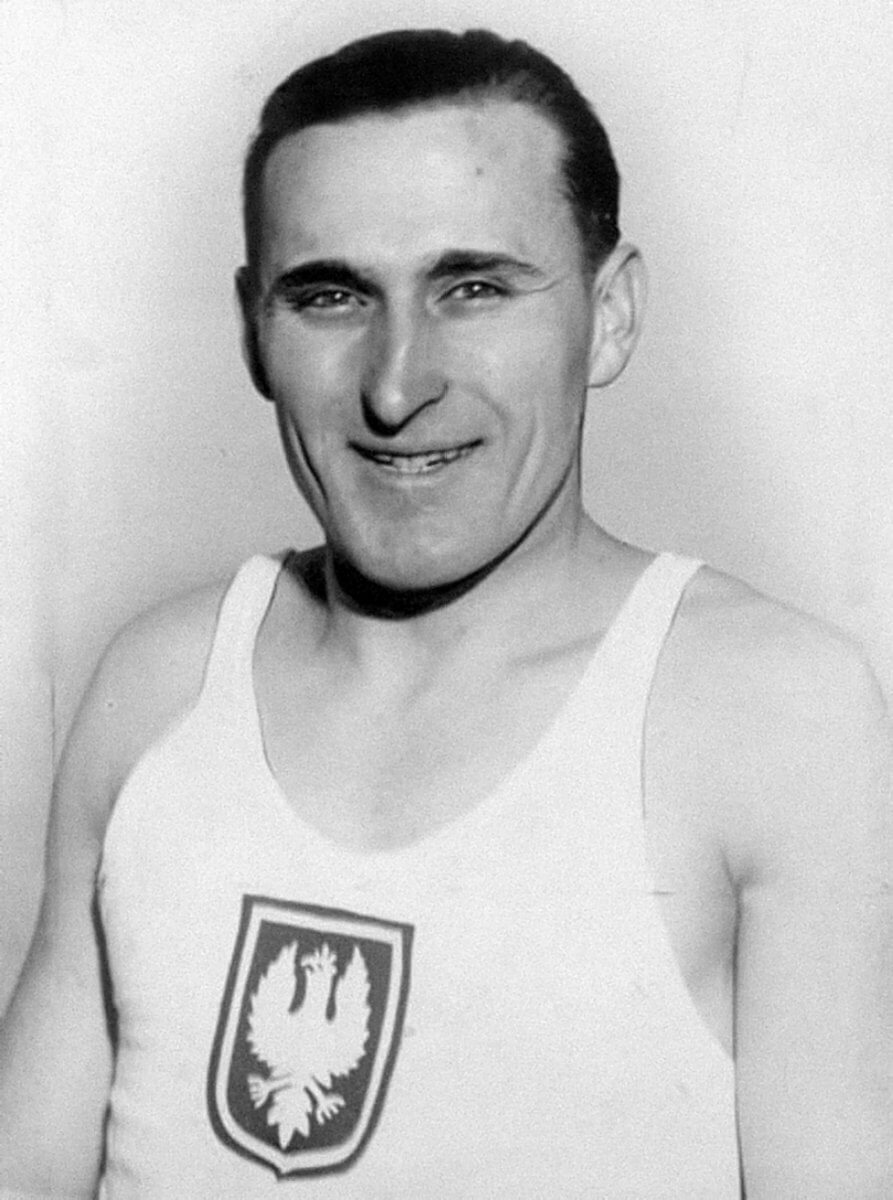
Janusz Kusociński (1907-1940)
The athlete was an Olympic gold medalist in the 10,000 m event at the 1932 Summer Olympics in Los Angeles, CA. Executed by a German firing squad during a mass execution in Palmiry on the night of June 20, 1940. Rumor has it that Kusociński stayed in touch with the Warka-based Lubert family, but the evidence is yet to be uncovered.
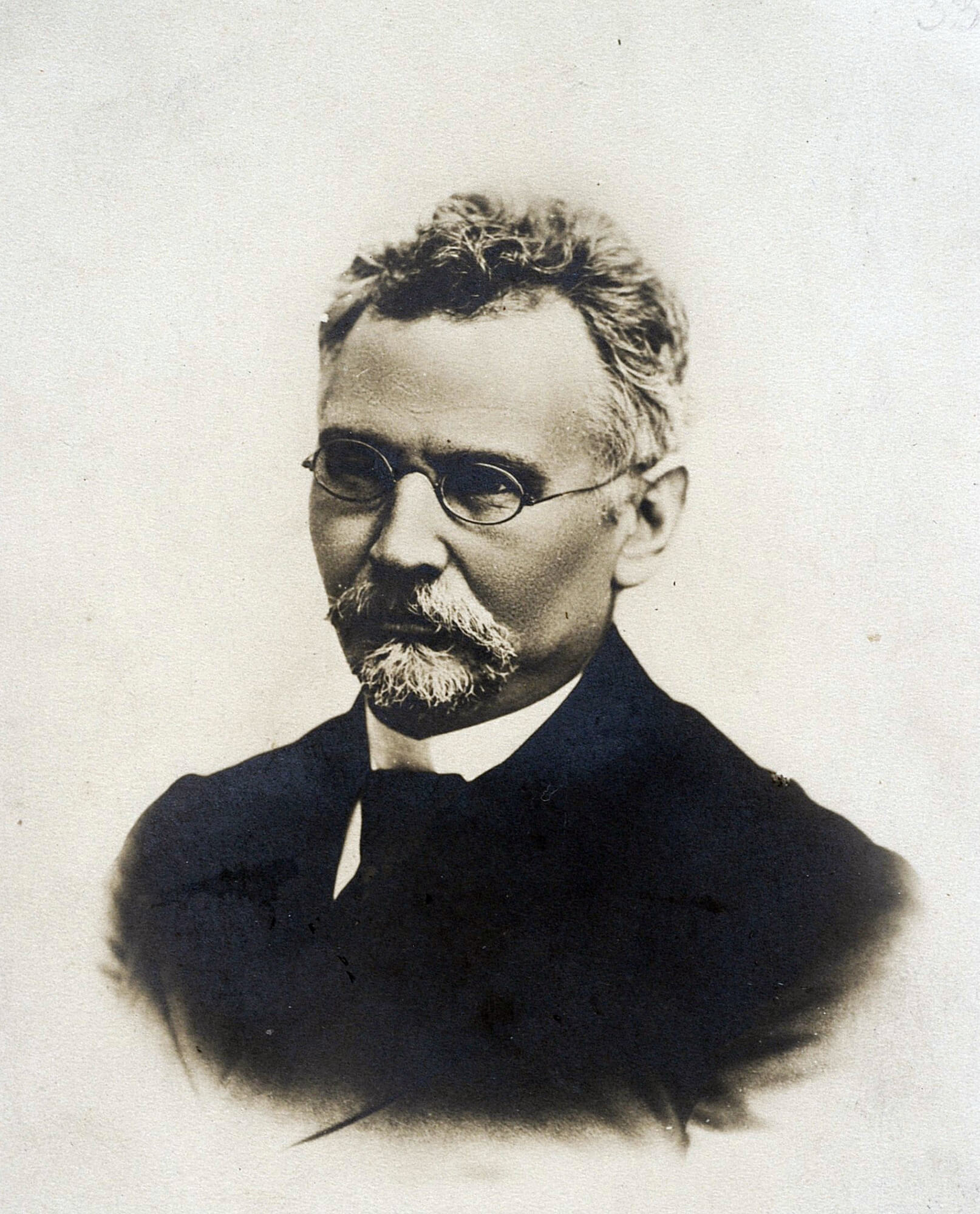
Bolesław Prus (1847-1912)
An author in the socio-cultural movement of Positivism in Poland. His works in prose, in particular “The Doll” (“Lalka”), are among Poland’s greatest literary achievements. At 16, Prus participated in the January Uprising, was wounded, and imprisoned. His unit was stationed for some time near Grójec.
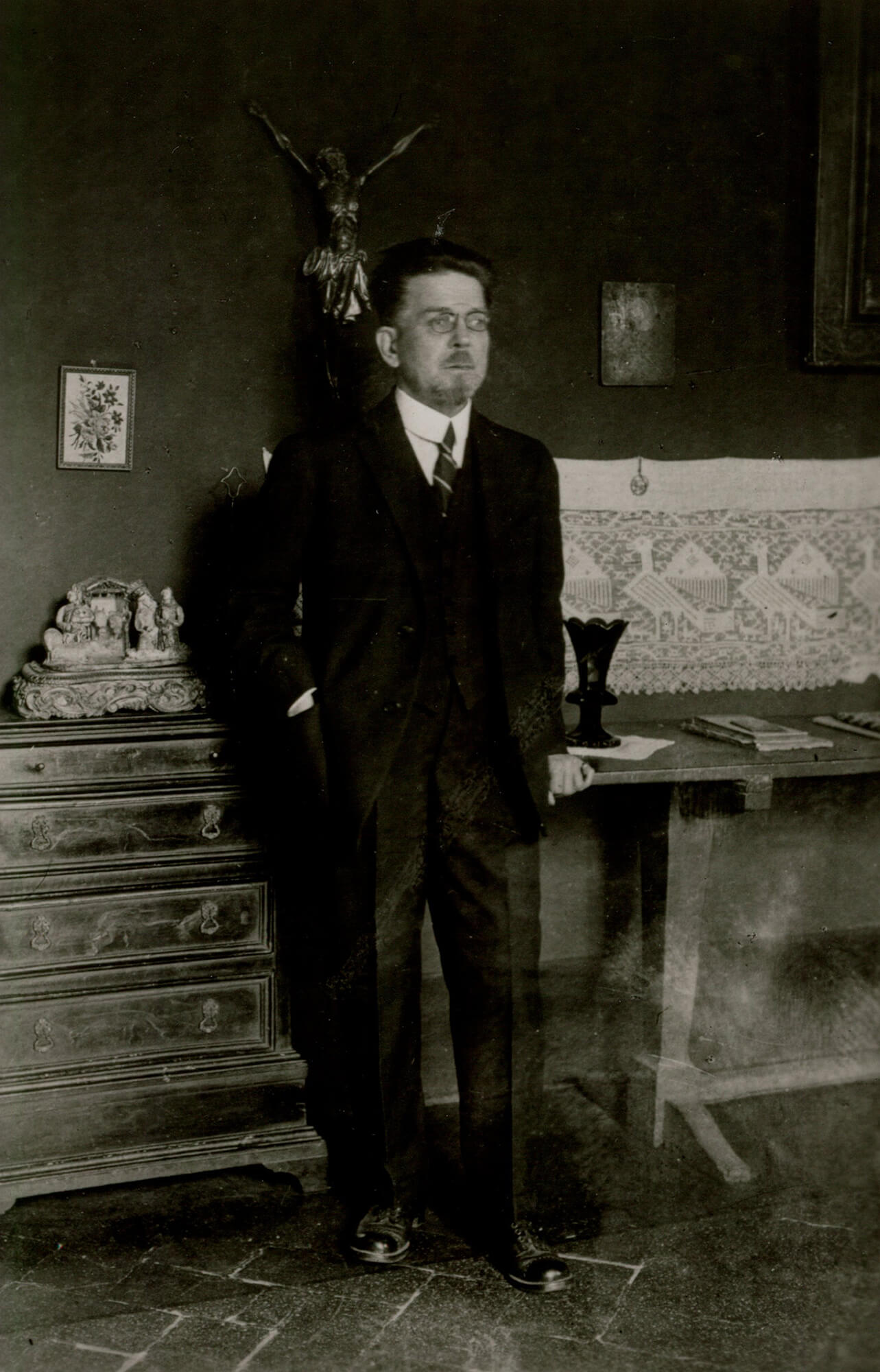
Władysław Reymont (1867-1925)
An author in the socio-cultural movement of Realism with elements of Naturalism. In 1924, Reymont received a Nobel Prize in Literature for his four-volume epic “The Peasants” (“Chłopi”). Also noted for “The Promised Land” (“Ziemia obiecana”). He made his debut with a story on the pilgrimage to Jasna Góra, which mentions Grójec.
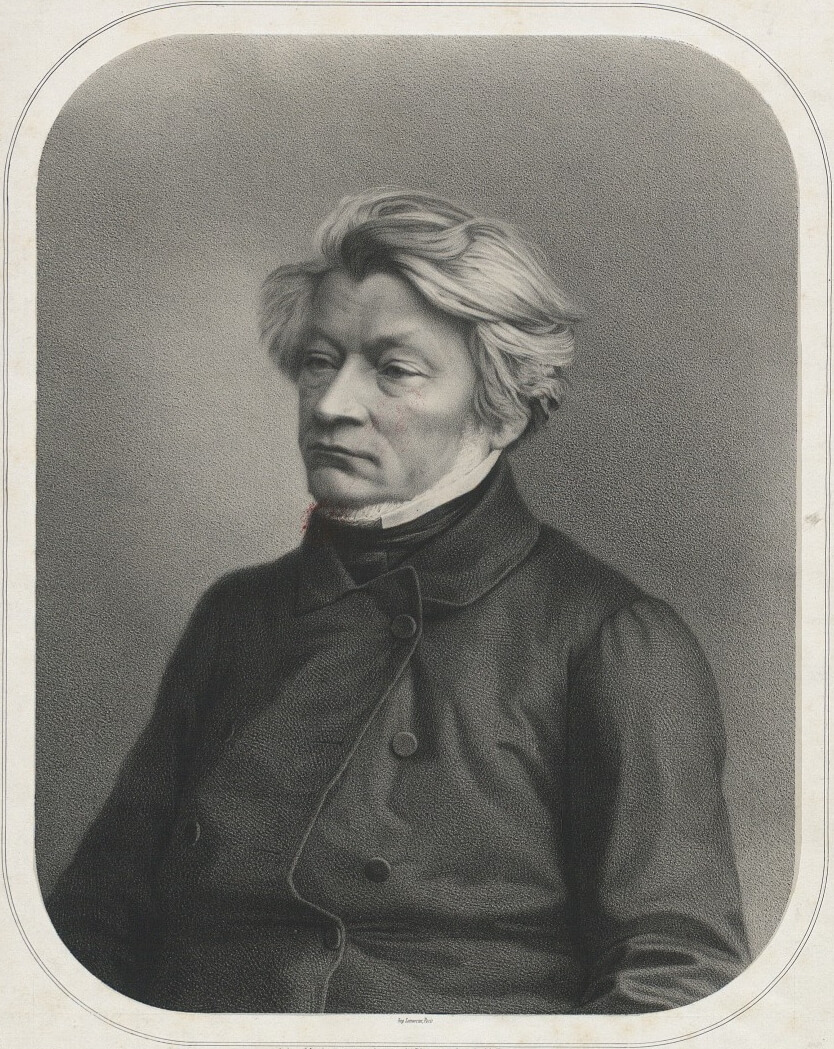
Adam Mickiewicz (1798-1855)
One of the most prominent poets of Polish Romanticism and Polish literature as a whole. Author of the epic poem “Sir Thaddeus” (“Pan Tadeusz”). The Literary Society was named for him. In the late 20th and early 21st centuries, its Grójec branch conducted research in the region and published literature, devoting a part of it to Warka and its vicinity.
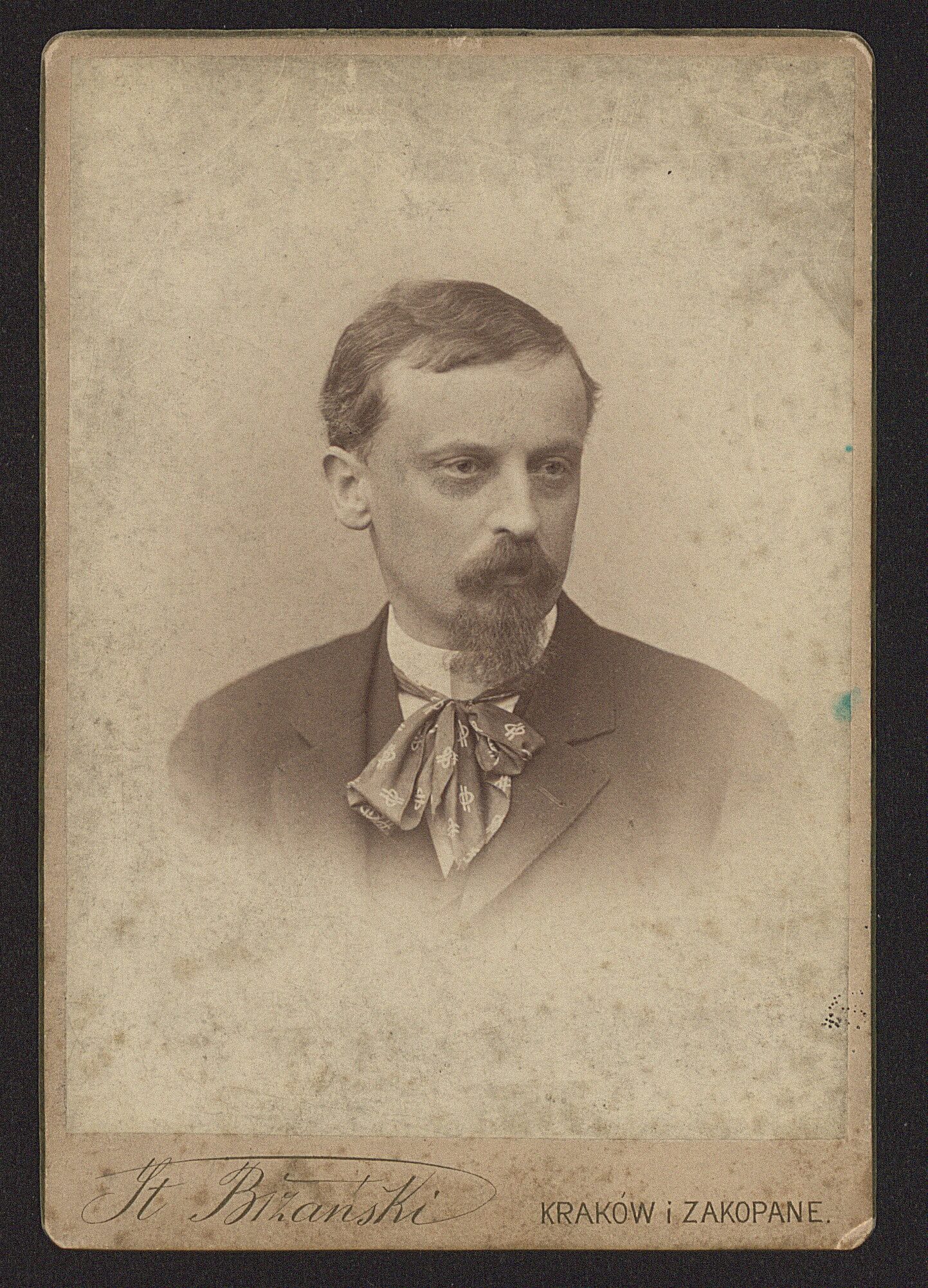
Henryk Sienkiewicz (1846-1916)
A short-story writer, novelist, and journalist. In 1905, Sienkiewicz received the Nobel Prize in Literature for his life achievements. His works shaped history awareness for many generations of Poles. “The Deluge” (“Potop”) includes a description of the Battle at Warka on April 7, 1656, which still captures readers’ imagination. He stayed in touch with the Mysyrowicz family, who owned property in the district of Grójec, where Sienkiewicz came to hunt.
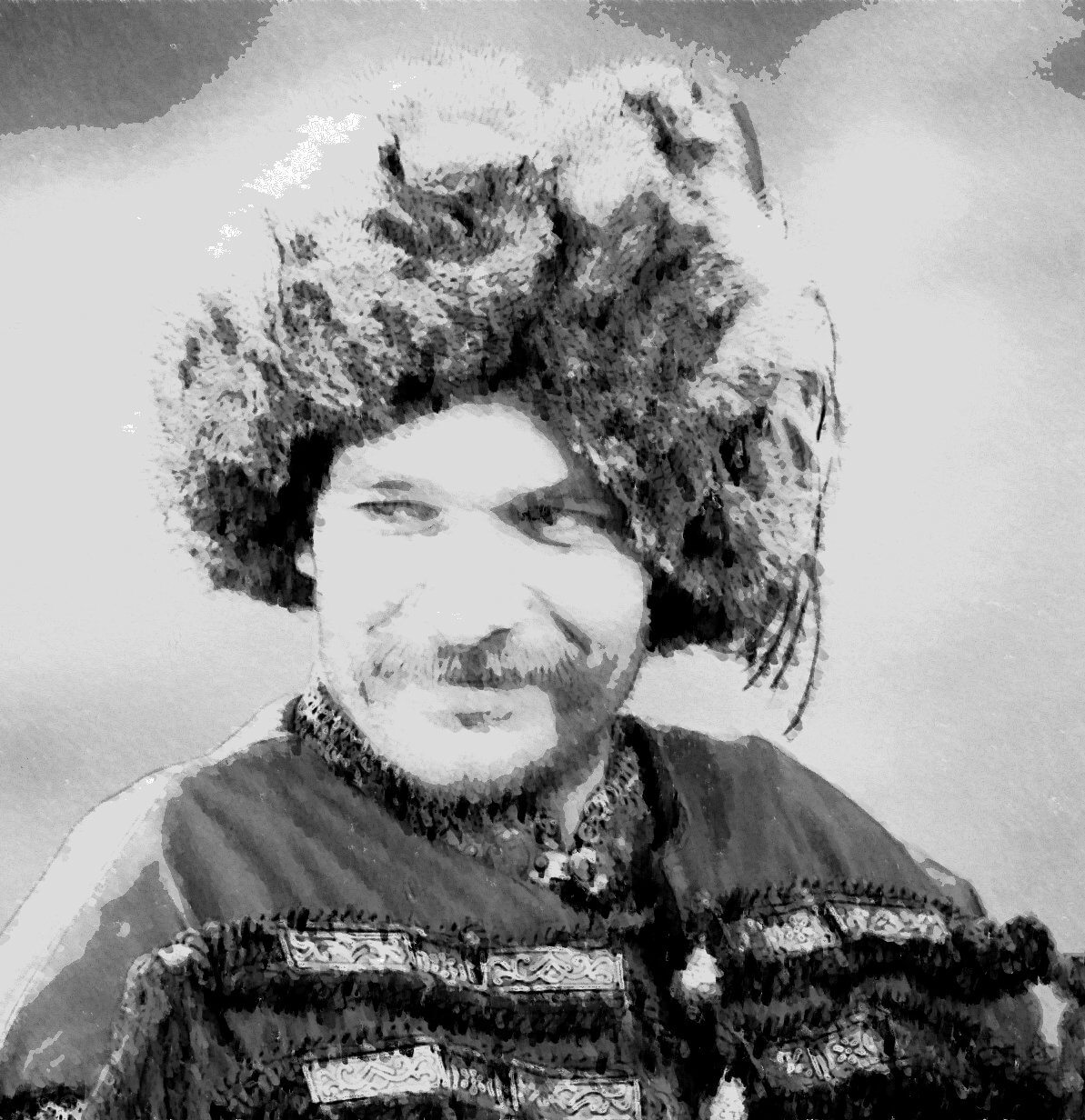
Jan Skrzetuski
One of the main characters in Henryk Sienkiewicz’s “With Fire and Sword” (“Ogniem i mieczem”), based on the historic figure of Mikołaj Skrzetuski (about 1610-1673), who managed to leave Zbarazh under siege in 1649 to deliver a letter to King Jan Kazimierz.
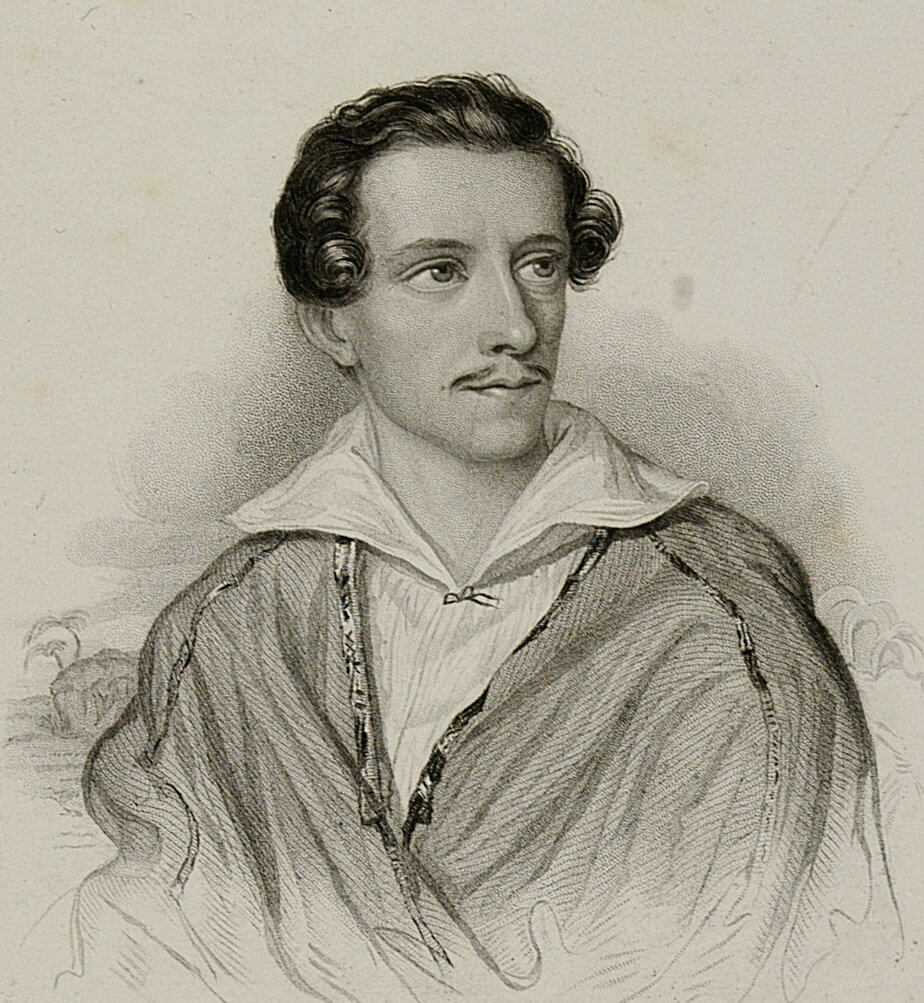
Juliusz Słowacki (1809-1849)
A poet, playwright, and an author. One of the most prominent writers of the Polish Romanticism, author of “The Father of the Plague-Stricken at El Arish” (“Ojciec zadżumionych”) and dramas: Balladyna, Kordian, Father Mark (“Ksiądz Marek”), Lilla Weneda, and Mazepa. He was Józef Piłsudski’s favorite poet.
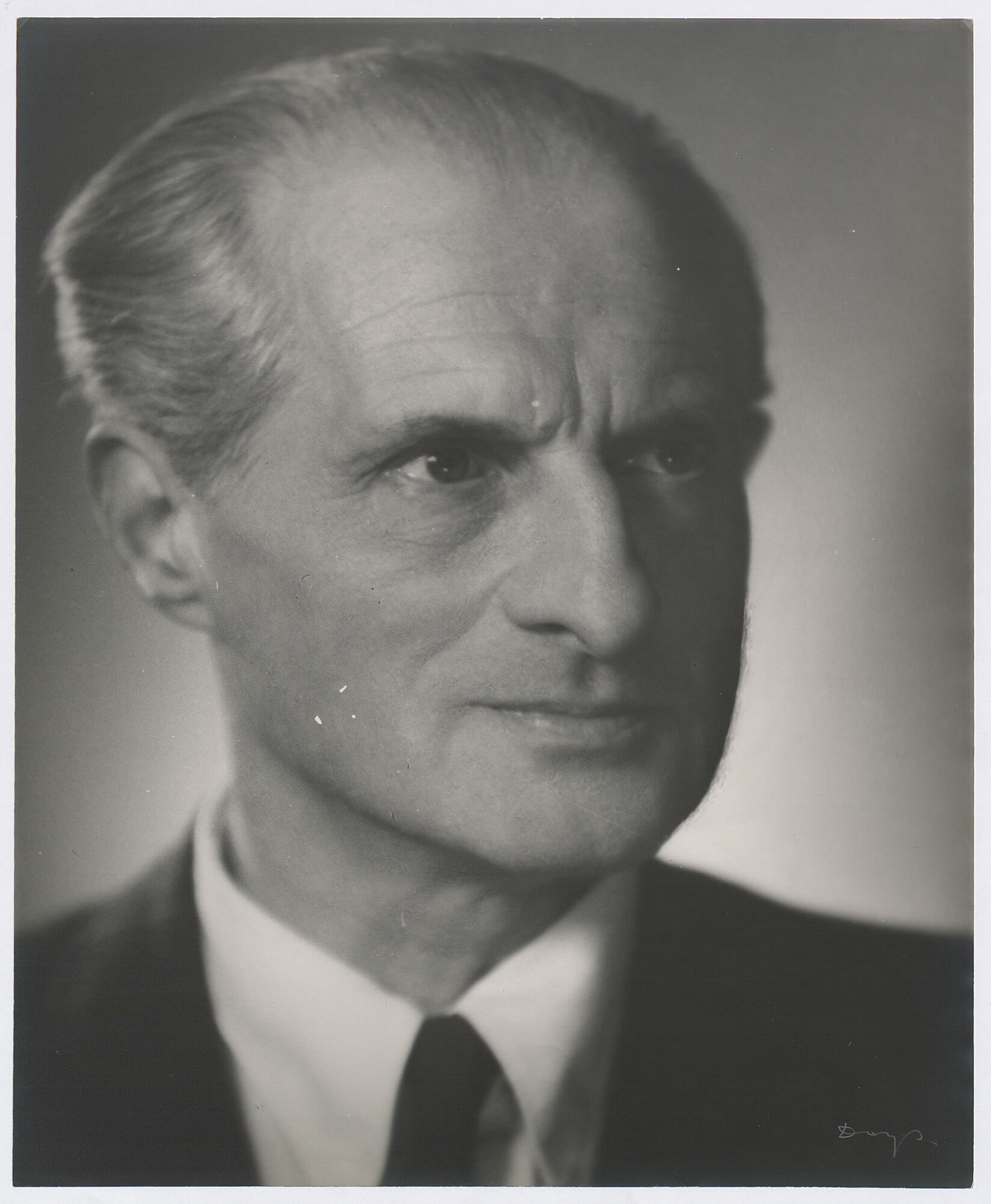
Julian Tuwim (1894-1953)
A poet, writer, author of comédie en vaudeville, sketches, librettos, and lyrics; translator; co-founder of the literary comedy group “Picador Café” (“Pod Picadorem”) and a poets’ group “Skamander.” Worked for the weekly “Literary News” (“Wiadomości Literackie”). Author of “Polish Flowers” (“Kwiaty polskie”) and lyrics of “Love Will Forgive You Everything” (“Miłość Ci wszystko wybaczy”), sung by Hanka Ordonówna.
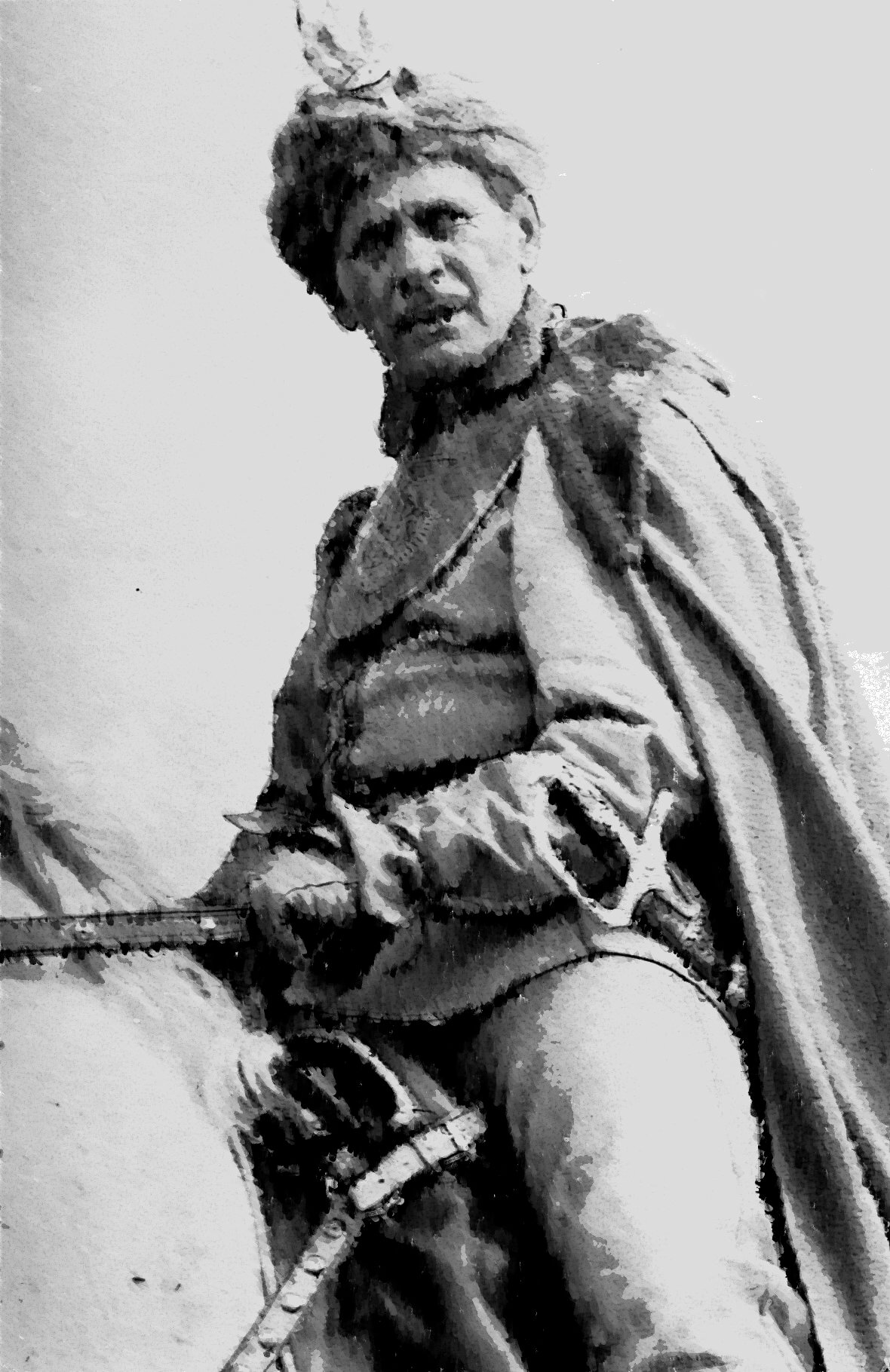
Michał Wołodyjowski
One of the main characters in Henryk Sienkiewicz’s Trilogy (Trylogia), modeled on a Polish nobleman belonging to the Sarmatian movement: a man of many virtues, brave and ready to sacrifice. Partially modeled on the historic figure of Colonel Jerzy Wołodyjowski (1620-1672).
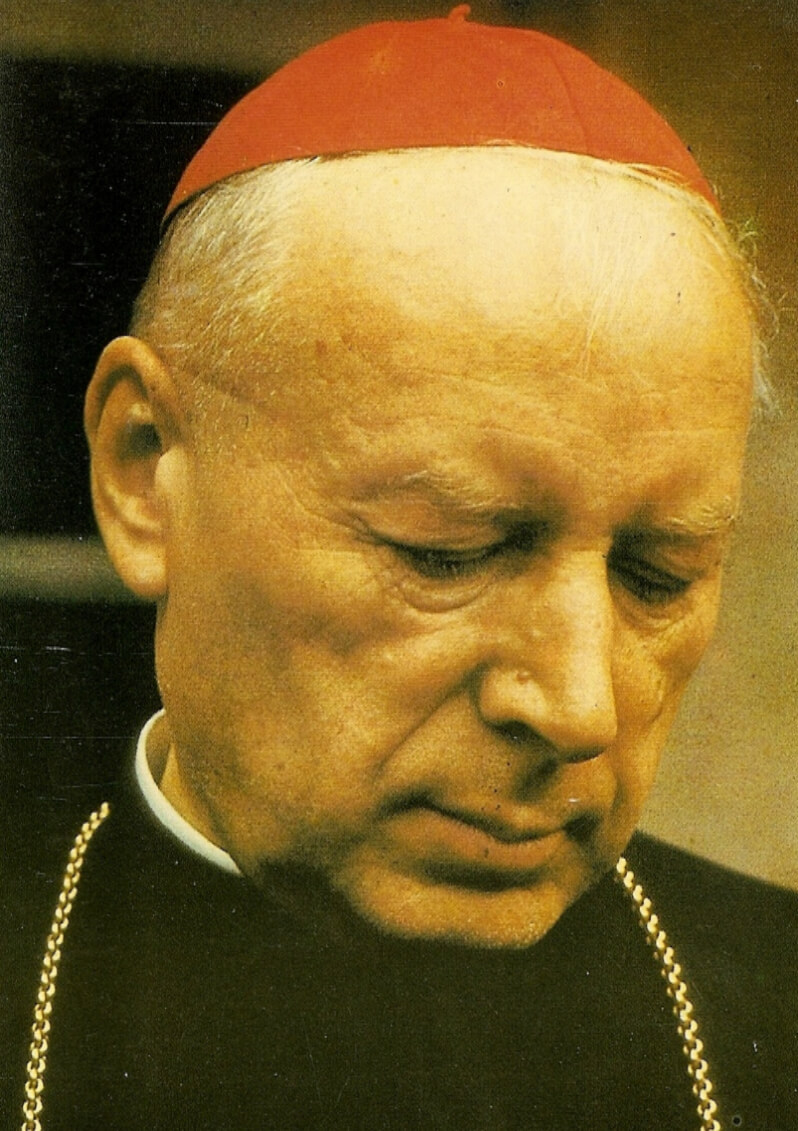
Stefan Wyszyński (1901-1981)
Gniezno and Warsaw Metropolitan Archbishop, Primate of Poland in the years 1948-1981, named the Primate of the Millennium, cardinal and God’s servant in the Roman Catholic Church. His father Stanisław Wyszyński was a church organist in the years 1918-1948 in the parish of Wrociszew. During his childhood and school years, Fr. Stefan Wyszyński often visited Wrociszew and in summer, he would also visit Warka. Lechanice landowner Kazimierz Brzeziński partially sponsored his education. The elementary school in Wrociszew is named for Cardinal Wyszyński.
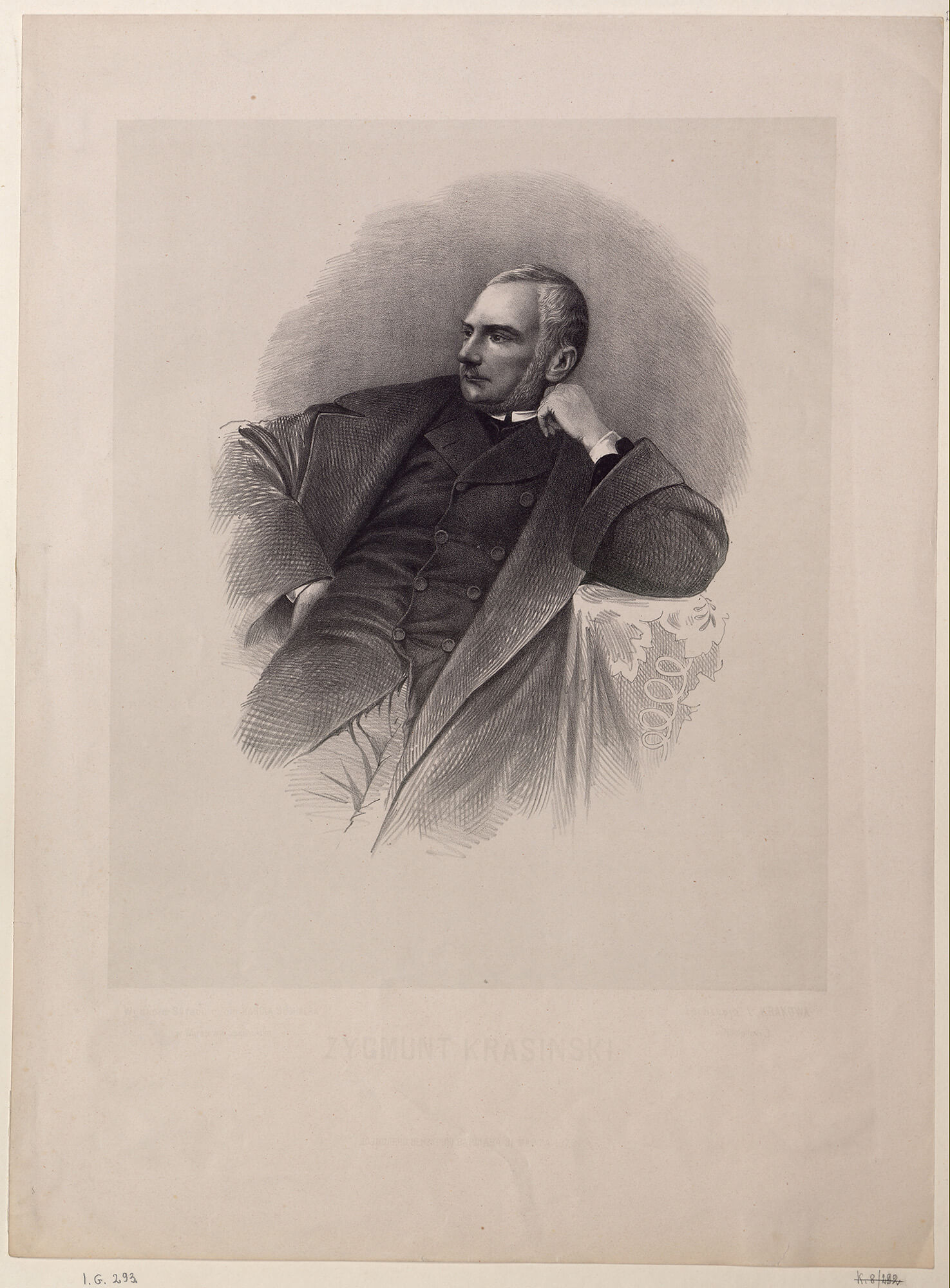
Zygmunt Krasiński (1812-1859)
A poet, playwright, novelist, and philosopher; Krasiński was considered part of a traditional Romantic canon called the “trinity of poets” with Mickiewicz and Slowacki. The Museum of Romanticism in Opinogóra near Ciechanów, which works closely with the Casimir Pulaski Museum in Warka, has been collecting souvenirs tied to Krasiński.
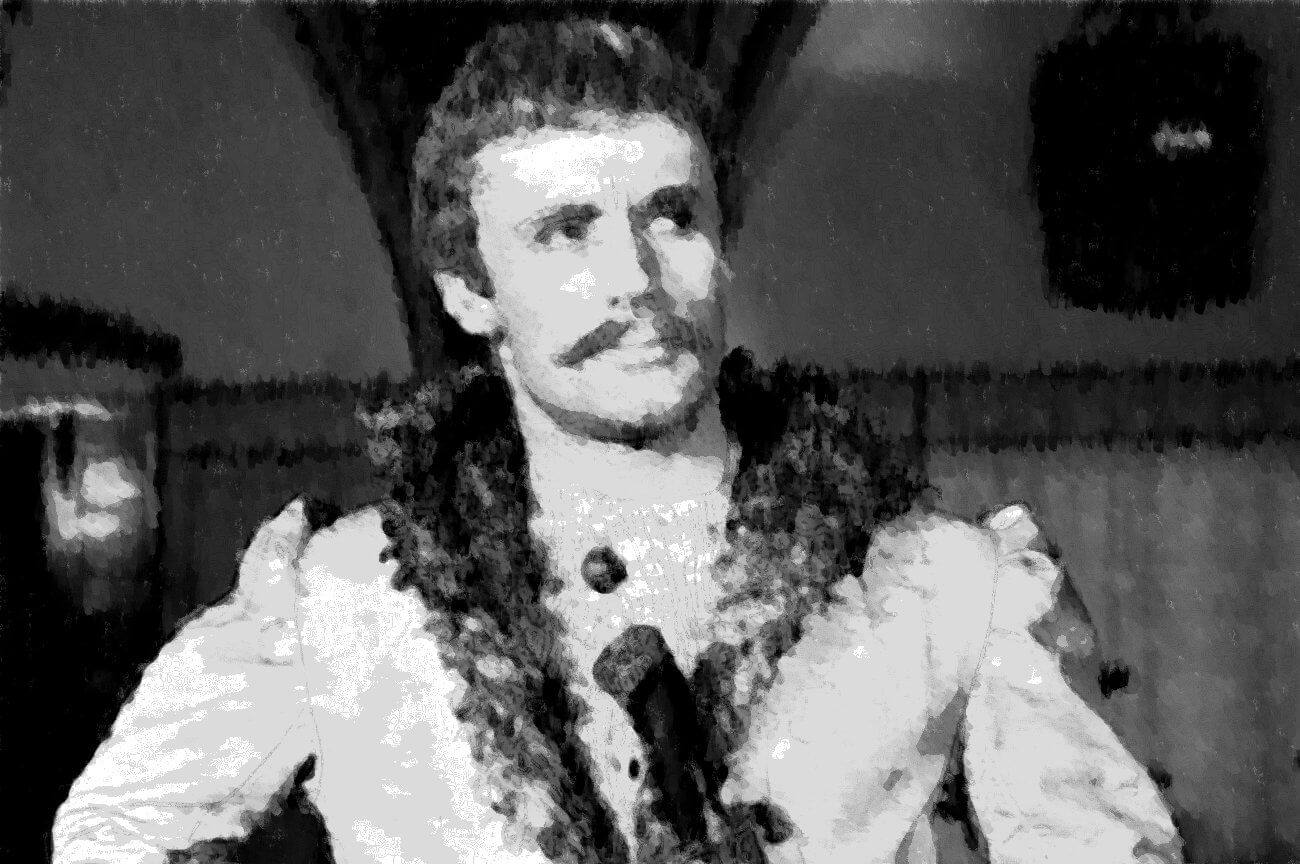
Andrzej Kmicic
The main character of “The Deluge” (“Potop”) by Henryk Sienkiewicz; based on the Great Lithuanian Guardian Samuel Kmicic (d. 1692). In the film directed by Jerzy Hoffman by the same title, Kmicic is played by famous Polish actor Daniel Olbrychski. In 2006, both the director and the actor were guests of the Casimir Pulaski Museum in connection with the 350th anniversary celebrations of the Battle at Warka.
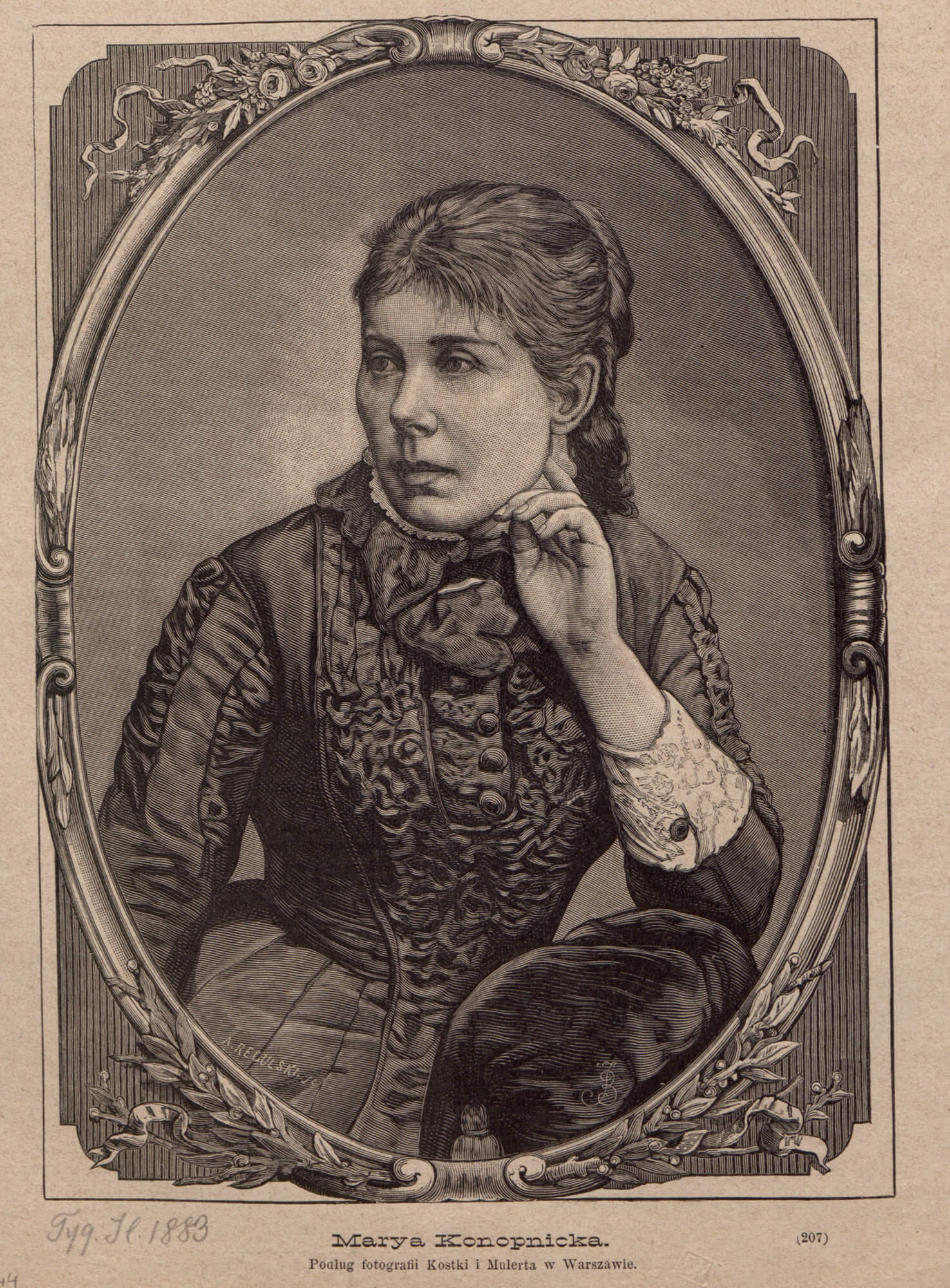
Maria Konopnicka (1842-1910)
A Realism poet and short-story writer; she authored children’s stories, but was also a critic, translator, and a journalist. Author of a patriotic poem and the current anthem of the Polish Peasants’ Party “The Oath” (“Rota”), the short-story “Our Hack” (“Nasza szkapa”) and poem “Stefek Burczymucha.”
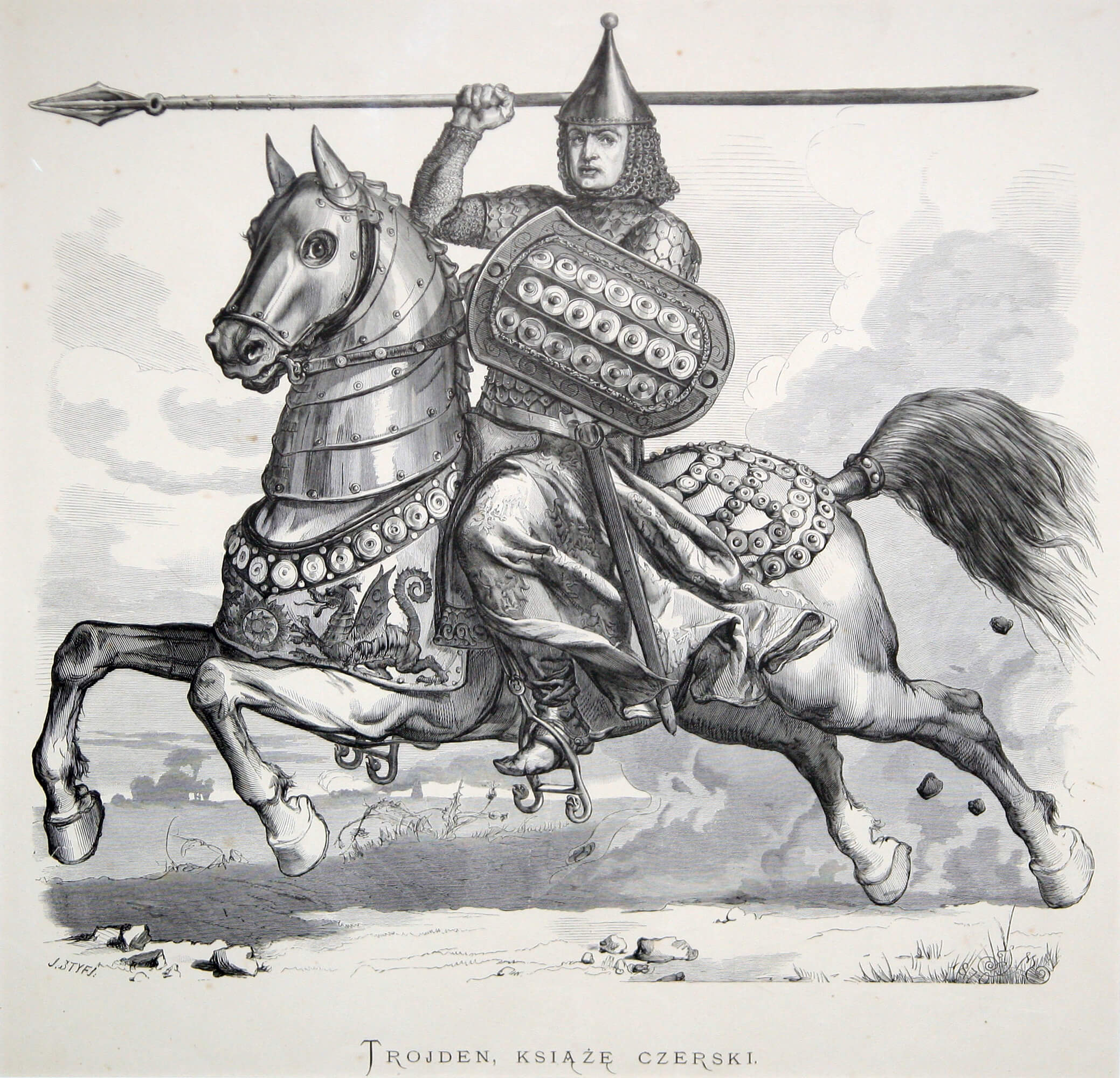
Trojden I (d. 1341)
Son of Boleslaw II of Płock, Prince of Czersk. Expanded the castle in Czersk. Particularly dedicated to helping the city of Warsaw. Buried in the Dominican Church in Warka. In 1859, his remains were transferred from the ruined Franciscan Church.
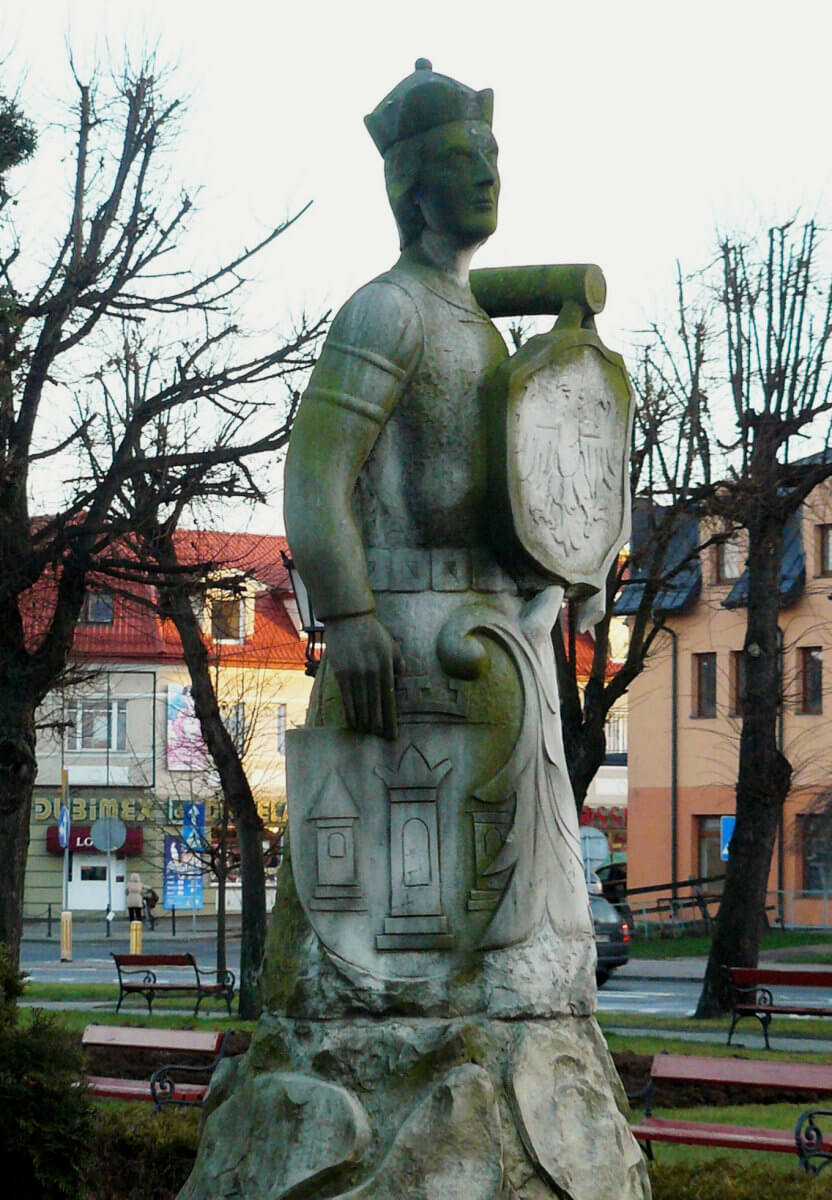
Ziemowit IV (about 1352-1426)
Son of Ziemowit III, Mazovian Prince. What distinguishes him from his older brother Janusz is the fact that Ziemowit IV tried to be independent of Poland, and even pursued the Polish crown. Finally, he became a vassal of the Polish King.
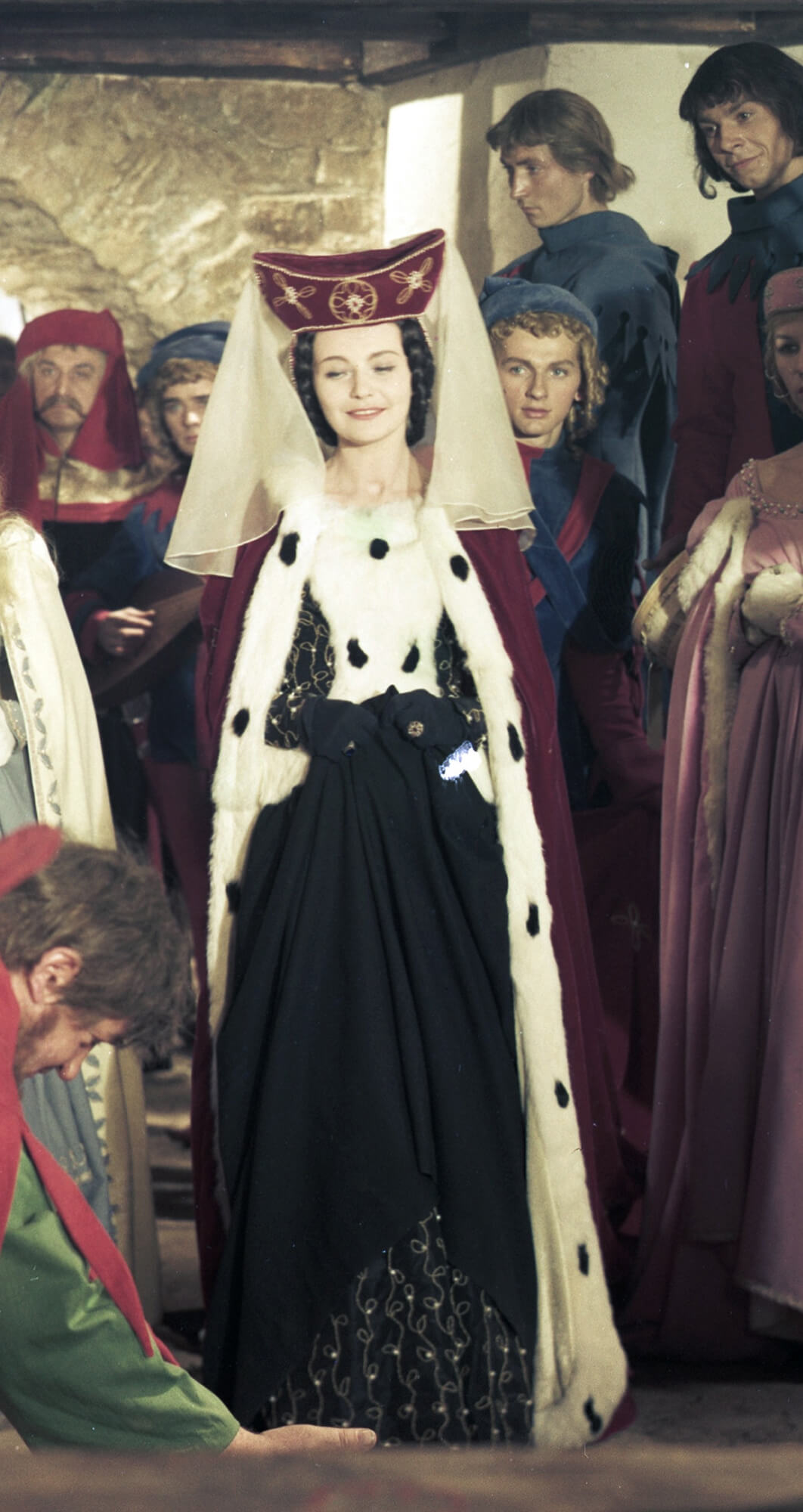
Danuta Anna, also: Anna Danuta (about 1358-1424)
Daughter of Lithuanian Prince Kęstutis, wife of Mazovian Prince Janusz the Older (Janusz Starszy). Legend has it that her tomb was in the Dominican Church in Warka, but she was most probably buried in St. John’s Collegiate Church in Warsaw. She was made famous in the novel “The Teutonic Knights” (“Krzyżacy”) by Henryk Sienkiewicz.
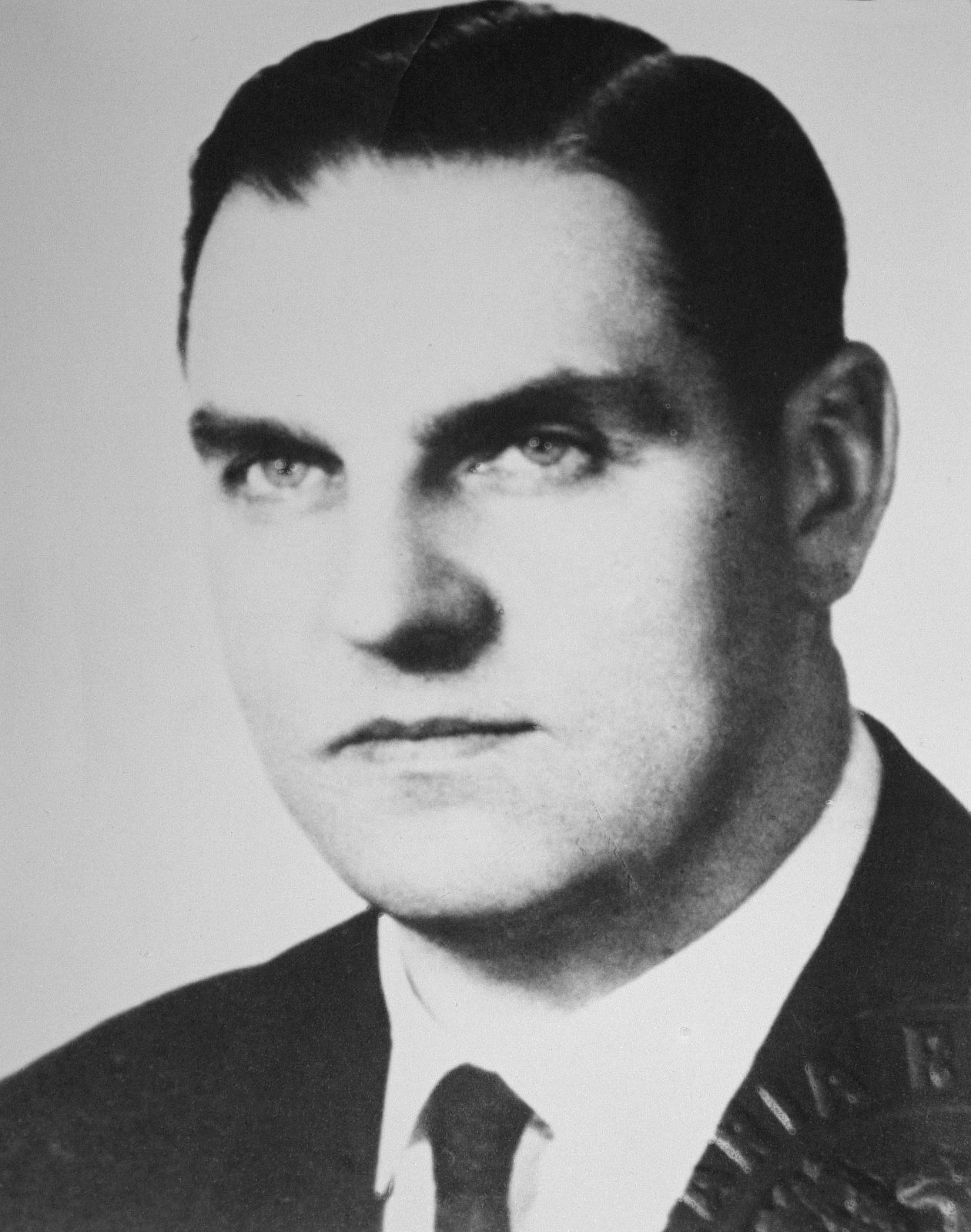
Stanisław Marcinkowski (1920-1983)
CEO of Mazovian Winery (Mazowiecka Wytwórnia Win) in Warka in the years 1952-1962. After he left Warka, Marcinkowski held the office of Deputy Chairman of the Presidium of the Province National Council (Prezydium Wojewódzkiej Rady Narodowej) in Warsaw, Deputy Minister of Health and Social Welfare, Head of the Office of the Council of Ministers, and Chairman of the Council for the Preservation of Memory of Combat and Martyrdom (Rada Ochrony Pamięci Walk i Męczeństwa). He was also on the high council of the Society of Fighters for Freedom and Democracy (Związek Bojowników o Wolność i Demokrację) until his death. From 1947, Marcinkowski was a member of The Polish Socialist Party (Polska Partia Socjalistyczna), and since 1948, The Polish United Workers’ Party (Polska Zjednoczona Partia Robotnicza, PZPR).
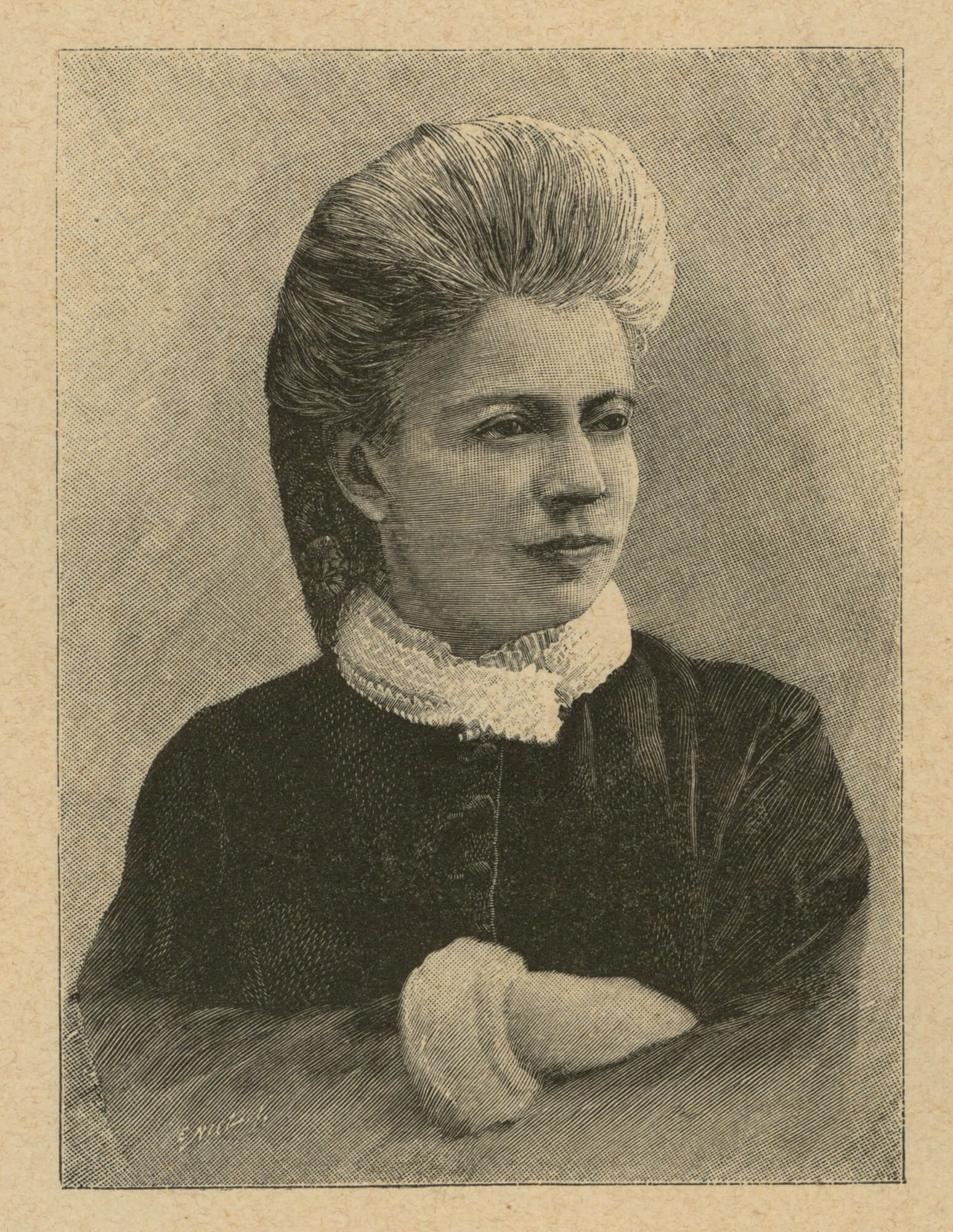
Eliza Orzeszkowa (1841-1910)
A writer during the Positivism movement in Polish literature. In 1904, she was nominated for the Nobel Prize in Literature. Some cherished her more than Henryk Sienkiewicz. Author of the novel “On the Banks of the Niemen” (“Nad Niemnem”) and “The Boor” (“Cham”), which have been made into films.
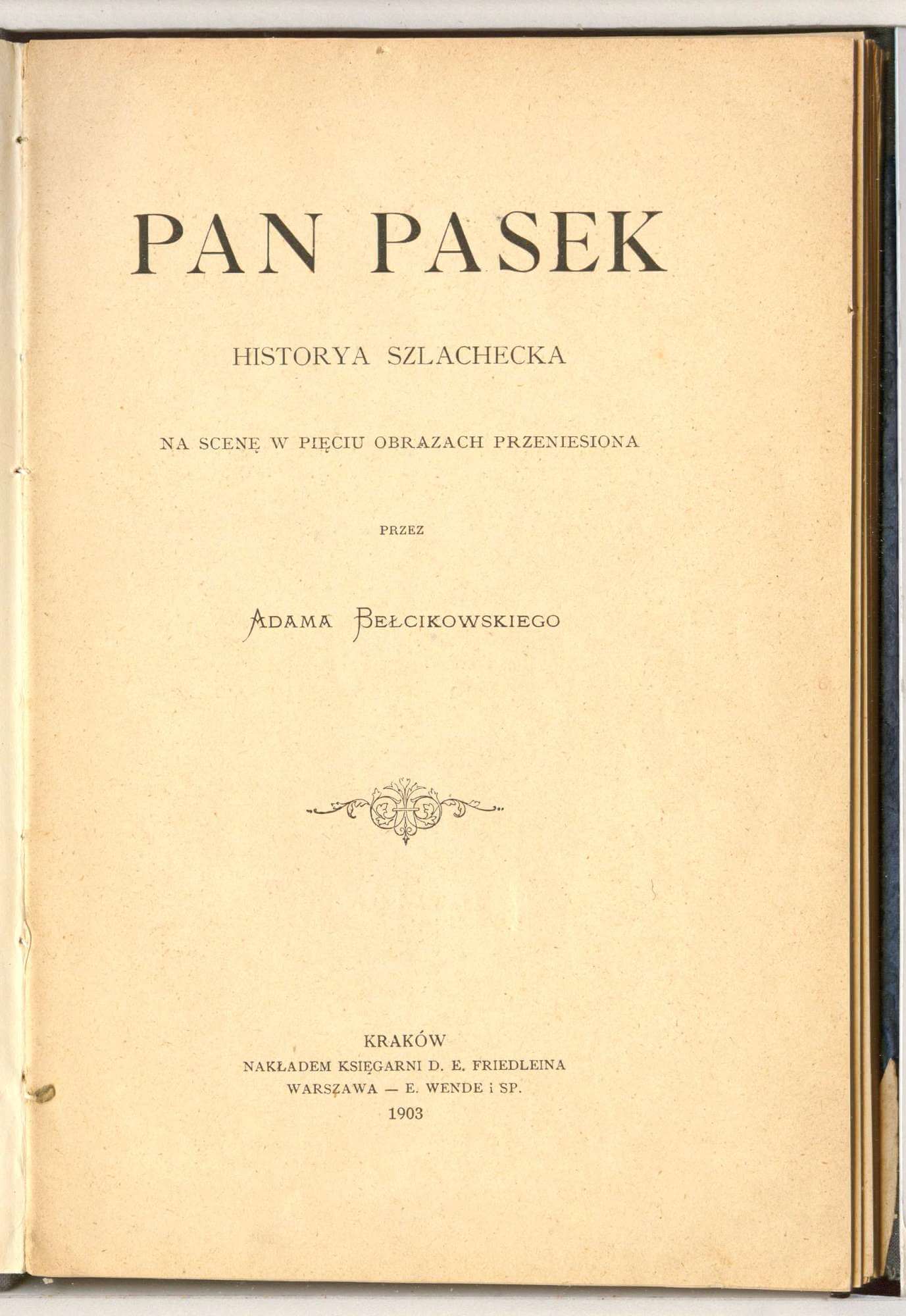
Jan Chryzostom Pasek (about 1636-1701)
A noble, soldier under Stefan Czarniecki, author of “The Memoirs” (“Pamiętniki”), where he described, among others, the Battle at Warka, in which he had participated. Being from Mazovia, he married into Kraków society.
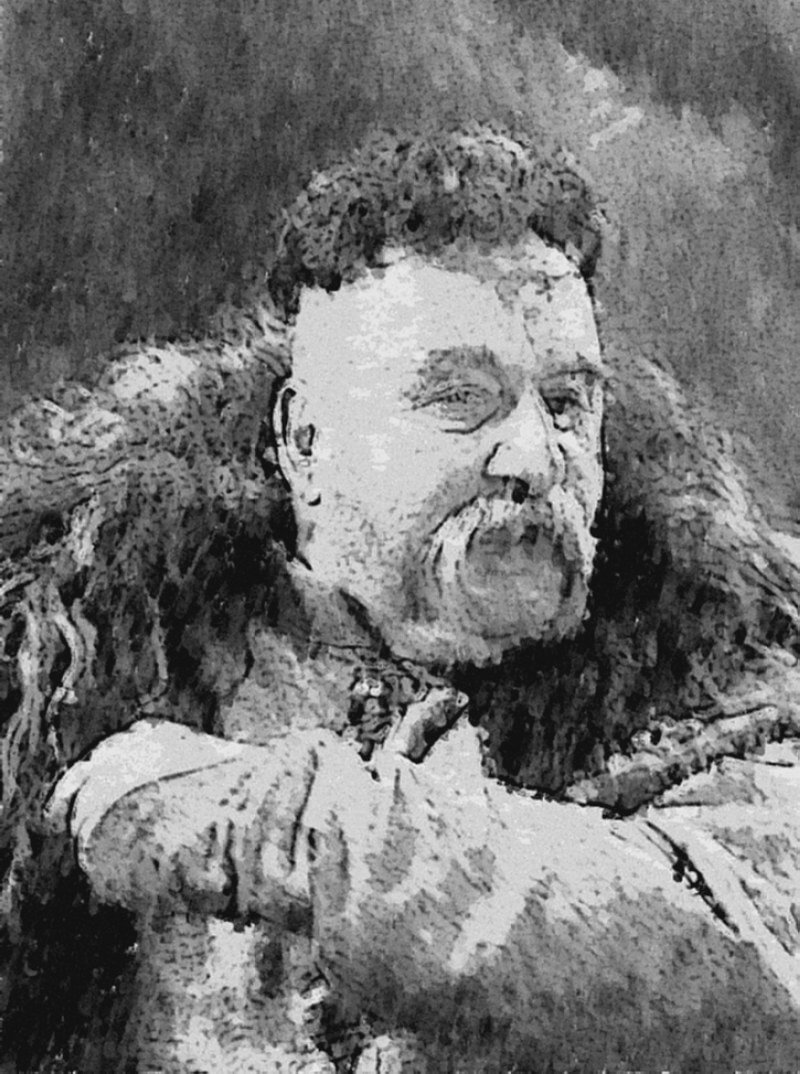
Onufry Zagłoba
A literary figure created by Henryk Sienkiewicz in his Trilogy (Trylogia), who personified all the virtues and quirks of a Polish nobleman. Zagłoba was loyal to his brothers-in-arms, patriotic, good-natured, and creative. He is one of the most memorable characters in the Trilogy and introduces a great deal of humor.

Aleksander Zawadzki (1798-1868)
A biologist, and professor at the University of Lviv, where he taught botany and physics. One street in Warka was named for him in 2012, although, interestingly, the street was also named Aleksander Zawadzki street before. How is this possible? Professor Zawadzki had no connections to the Town, but Warka authorities decided to change the name of the street named for Aleksander Zawadzki (1899-1964), who was a politician during the Polish People’s Republic. The change, initiated by the Warka Town Boosters (Towarzystwo Miłośników Miasta Warki), saved the Town money involved in the traditional renaming of a street and so the communist Zawadzki was replaced by Professor Zawadzki with no change in the street name signs whatsoever.
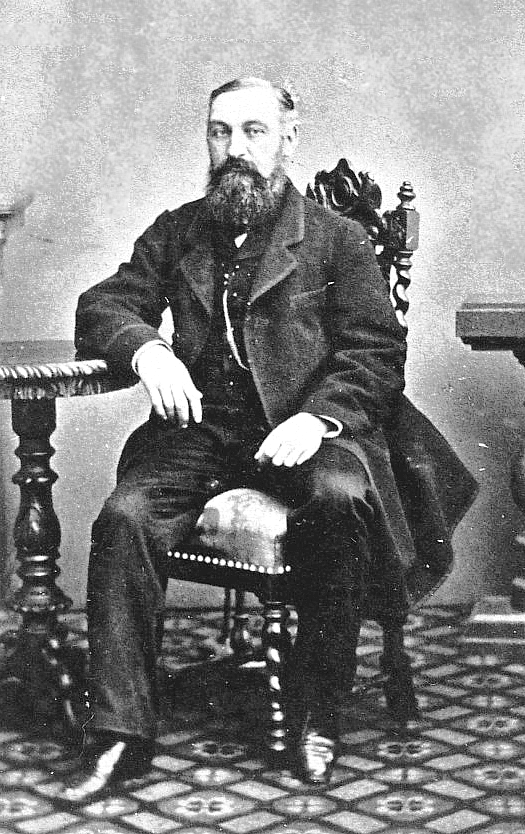
Władysław Kononowicz (1820-1863)
A commander during the January Uprising of 1863, active in the Warka region. Executed by Russians on Warka meadows on June 4, 1863. A legend who, together with Casimir Pulaski and Piotr Wysocki, was inducted into the local heroes’ hall of fame.
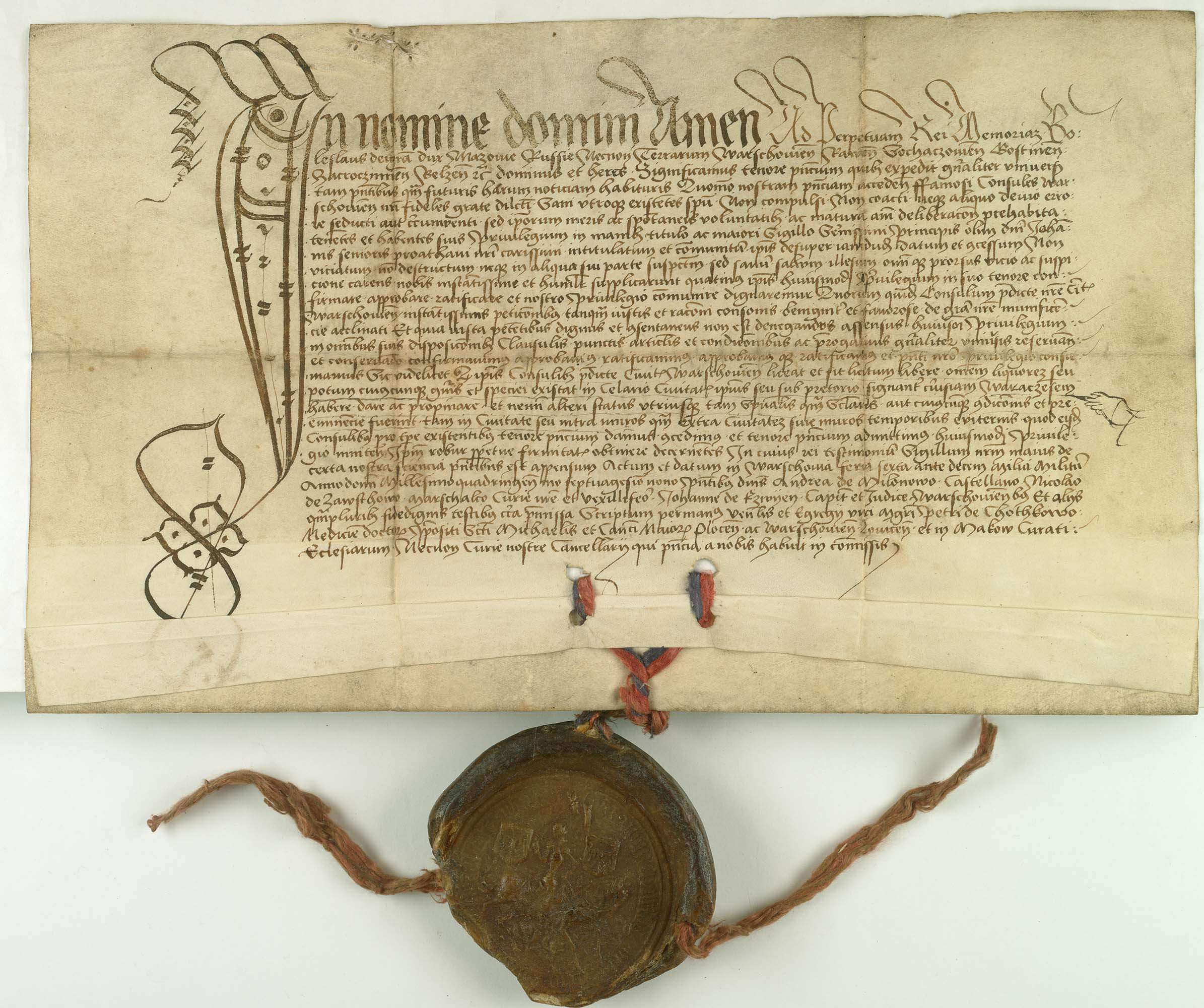
Boleslaw V (about 1453-1488)
Son of Boleslaw IV, Warsaw Prince. In 1478, he granted Warsaw City Councilors the exclusive privilege to sell Warka beer. Warsaw tavern keepers could freely sell only local beer.

Janusz the Older (about 1346-1429)
Son of Mazovian Prince Siemowit III, Prince of Wyszogród, Ciechanów, Zakroczym, Liw, Wizna, Warsaw, and Czersk, vassal of King Władysław II Jagiełło, fought in the Battle at Grunwald, elevated Warsaw to the rank of the main royal residence. According to historian Jan Długosz, he was one of the most prominent rulers at the time. He had ties to Warka, where he presided over court proceedings encompassing land outside its jurisdiction. He issued town rights for Grójec and other localities.
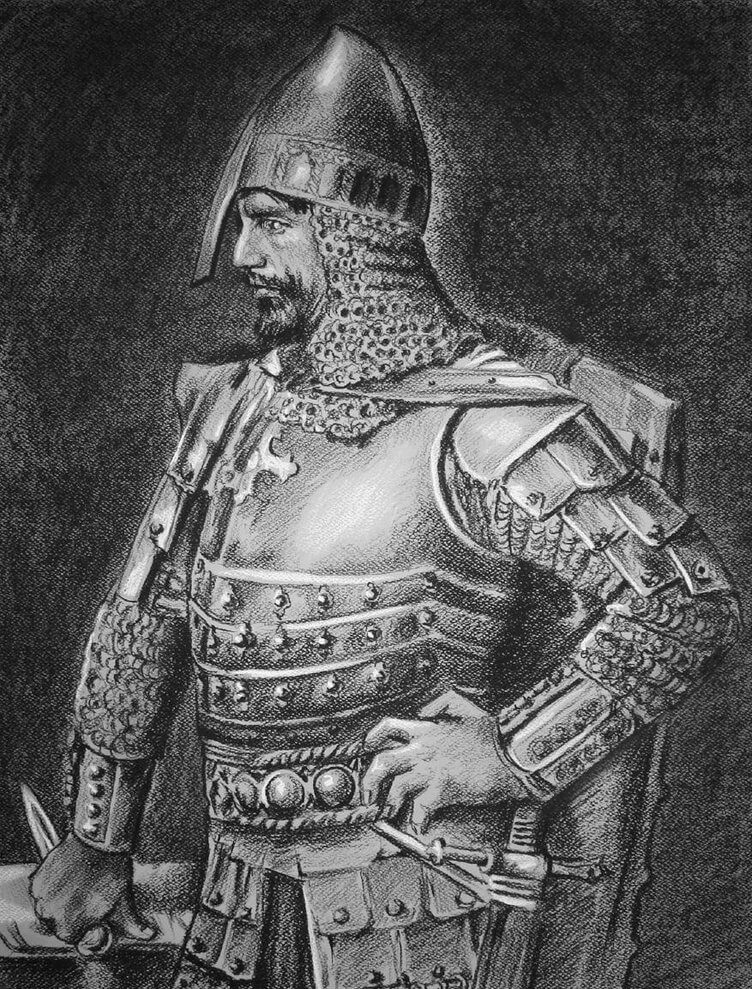
Konrad I of Mazovia (about 1187/1188-1247)
A son of Casimir II the Just, from 1212 Prince of Mazovia and Kujawy, and in the years 1242-1243, Prince of Kraków. In 1226, Konrad I invited the religious military order of the Teutonic Knights into the Chełmno lands.
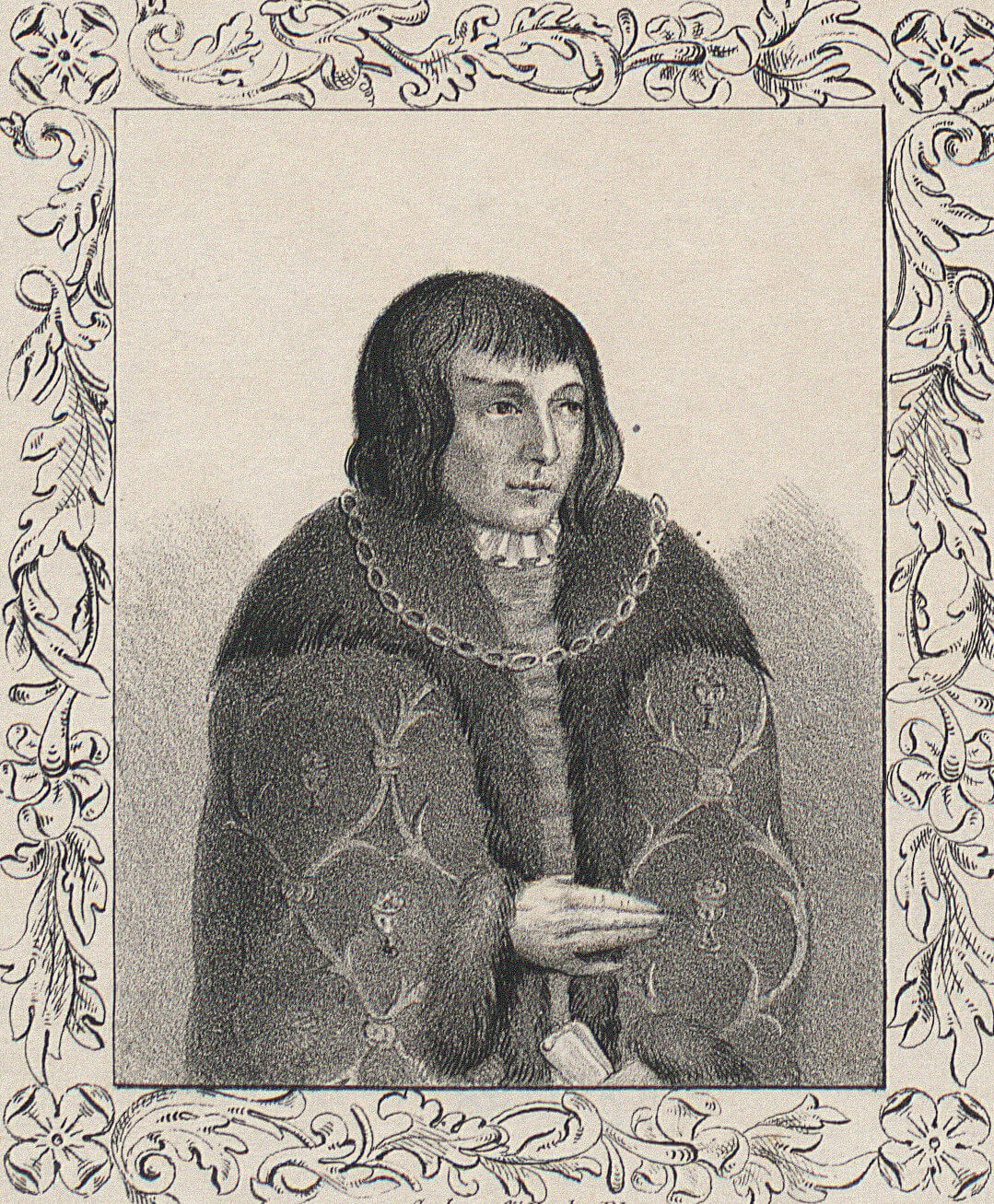
Stanisław (1500-1524)
The older son of Conrad III the Red, Mazovian Prince, together with his brother ruled in Czersk, Warsaw, Liw, Zakroczym, Nur in the years 1503-1524 (regency until 1518). He led a rather rakish lifestyle, which could have contributed to his early death. His contemporaries believed he had been poisoned. Buried in St. John’s Collegiate Church in Warsaw.
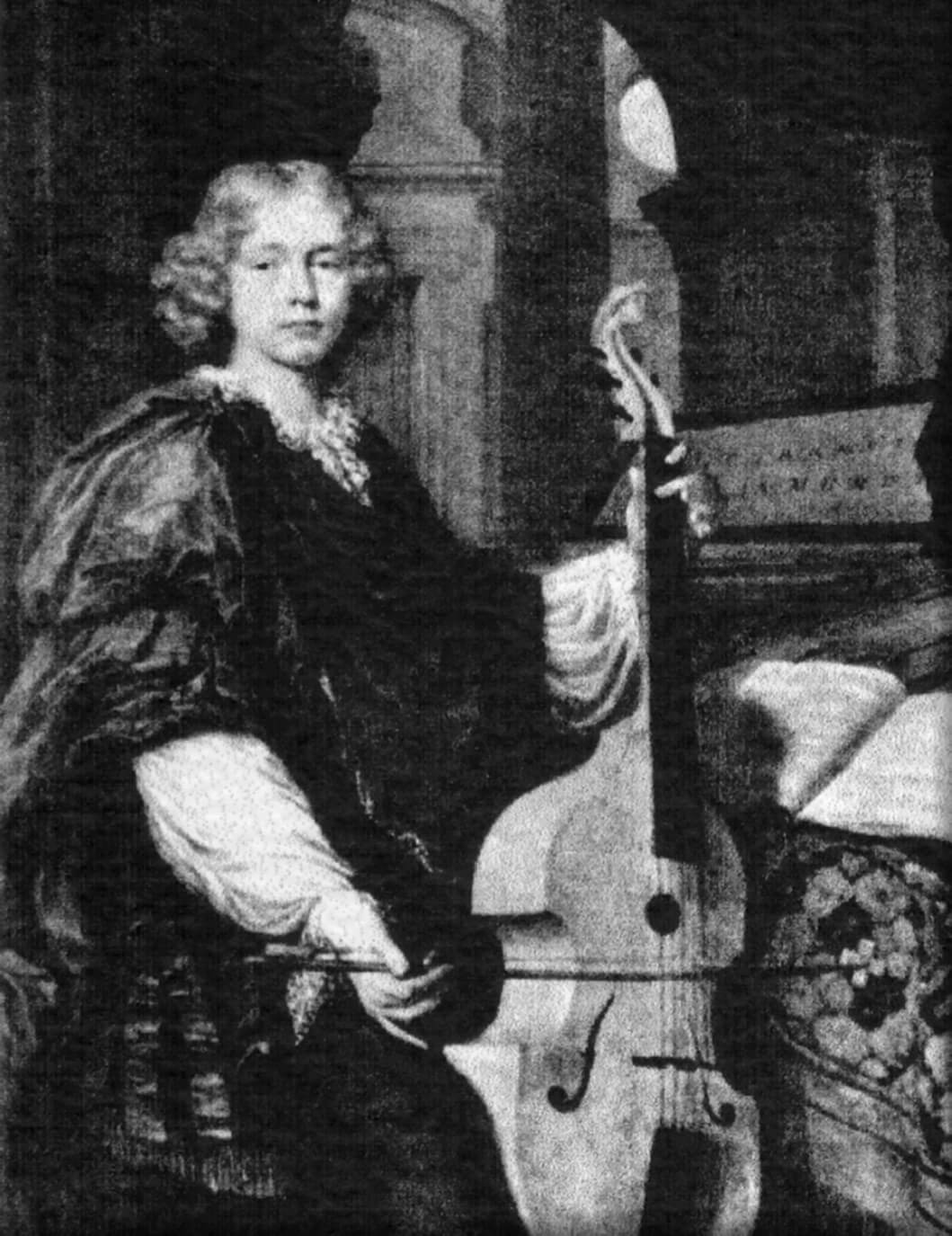
Adam Jarzębski (about 1590 – the turn of 1648 and 1649)
Born in Warka, Jarzebski was a musician of the royal musical ensemble in Warsaw and a composer, poet, builder, royal administrator, and head of the village of Piaseczno. He is the author of “Highroad, short description of Warsaw with the accompanying facts” (“Gościniec, albo krótkie opisanie Warszawy z okolicznościami”), which is a valuable source of information about the city that housed the royal residence before the destruction of the Polish-Swedish War.
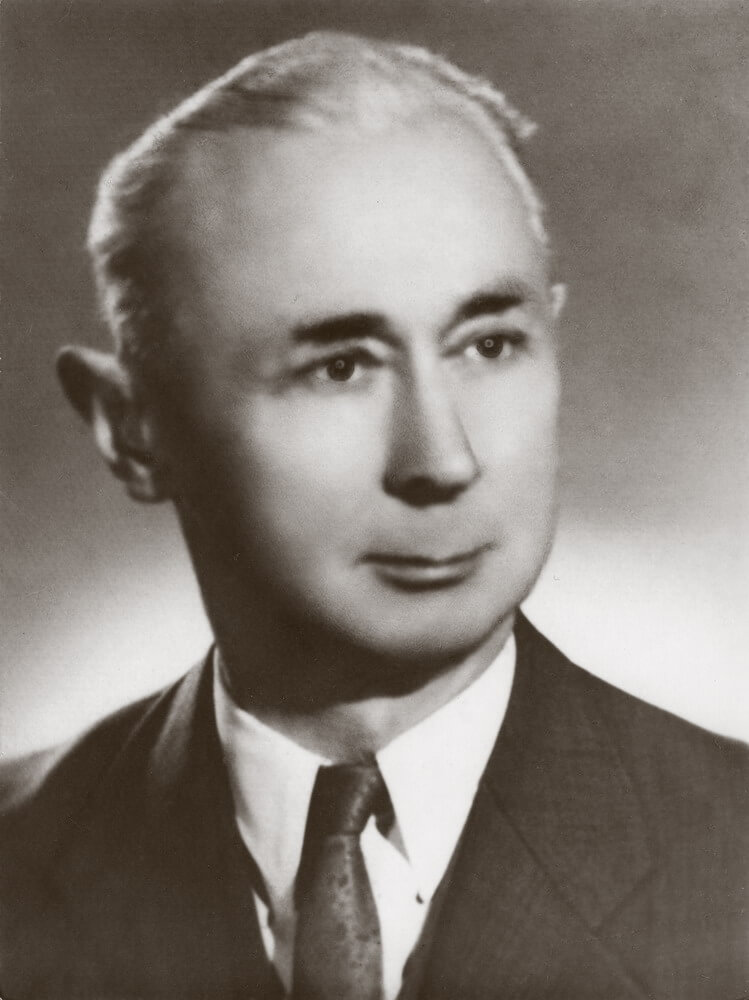
Zygmunt Ledóchowski (1898-1965)
Born in Warsaw, a chemist, lecturer, president of the Polish Chemical Association (Polskie Towarzystwo Chemiczne), member of the Chemistry and Organic Technology Committee at the Polish Academy of Sciences (Komitet Chemii i Technologii Organicznej Polskiej Akademii Nauk), and the Scientific Council of the Pharmaceutical Institute (Rada Naukowa Instytutu Farmaceutycznego) in Warsaw.
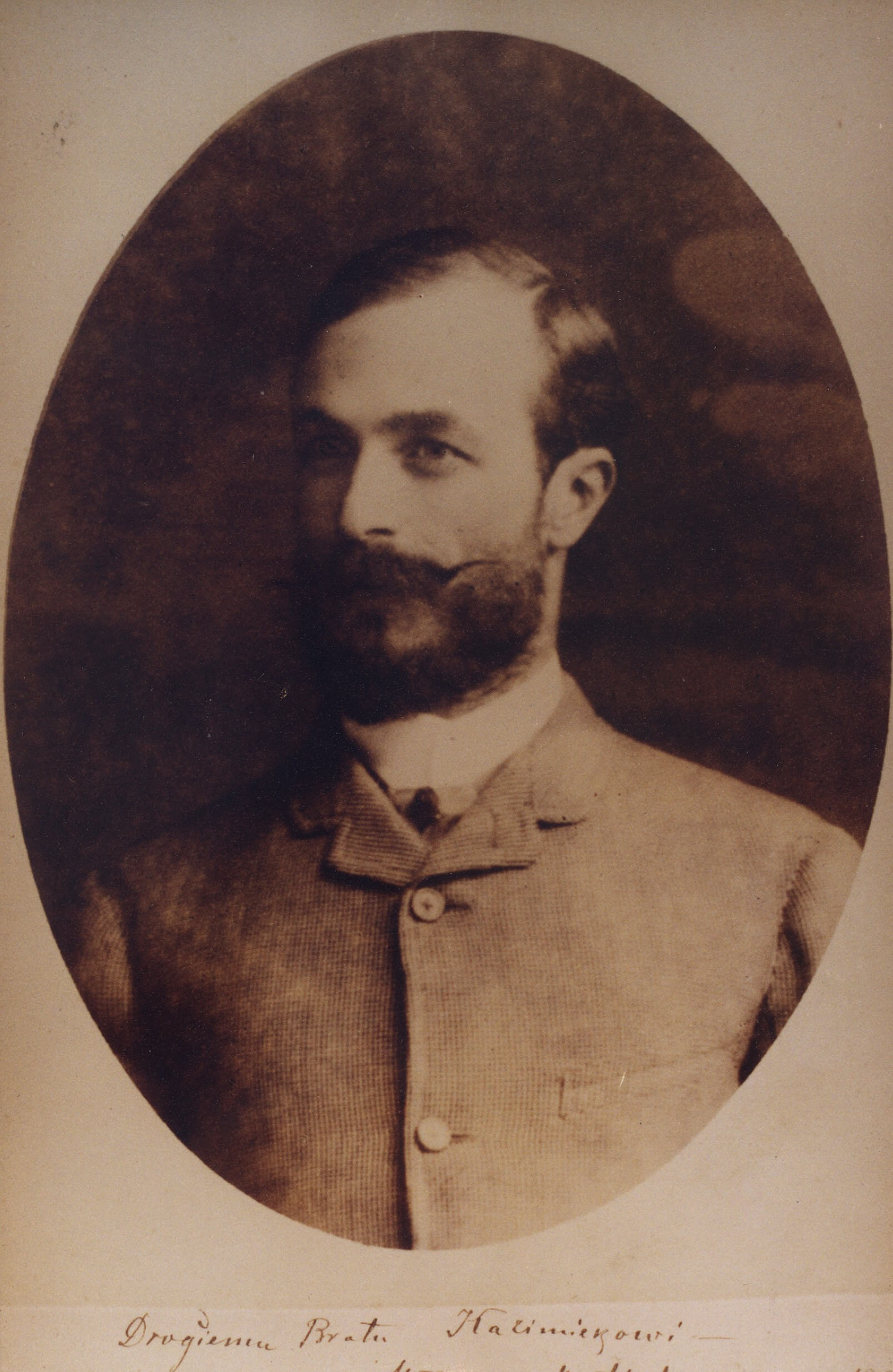
Władysław Matlakowski (1850-1895)
Born in Warka, where he attended elementary school; a surgeon, ethnographer, researcher of Podhale folk art, translator of Shakespeare. He left behind memoirs, in which he described Warka of his childhood, including the Hero Piotr Wysocki.
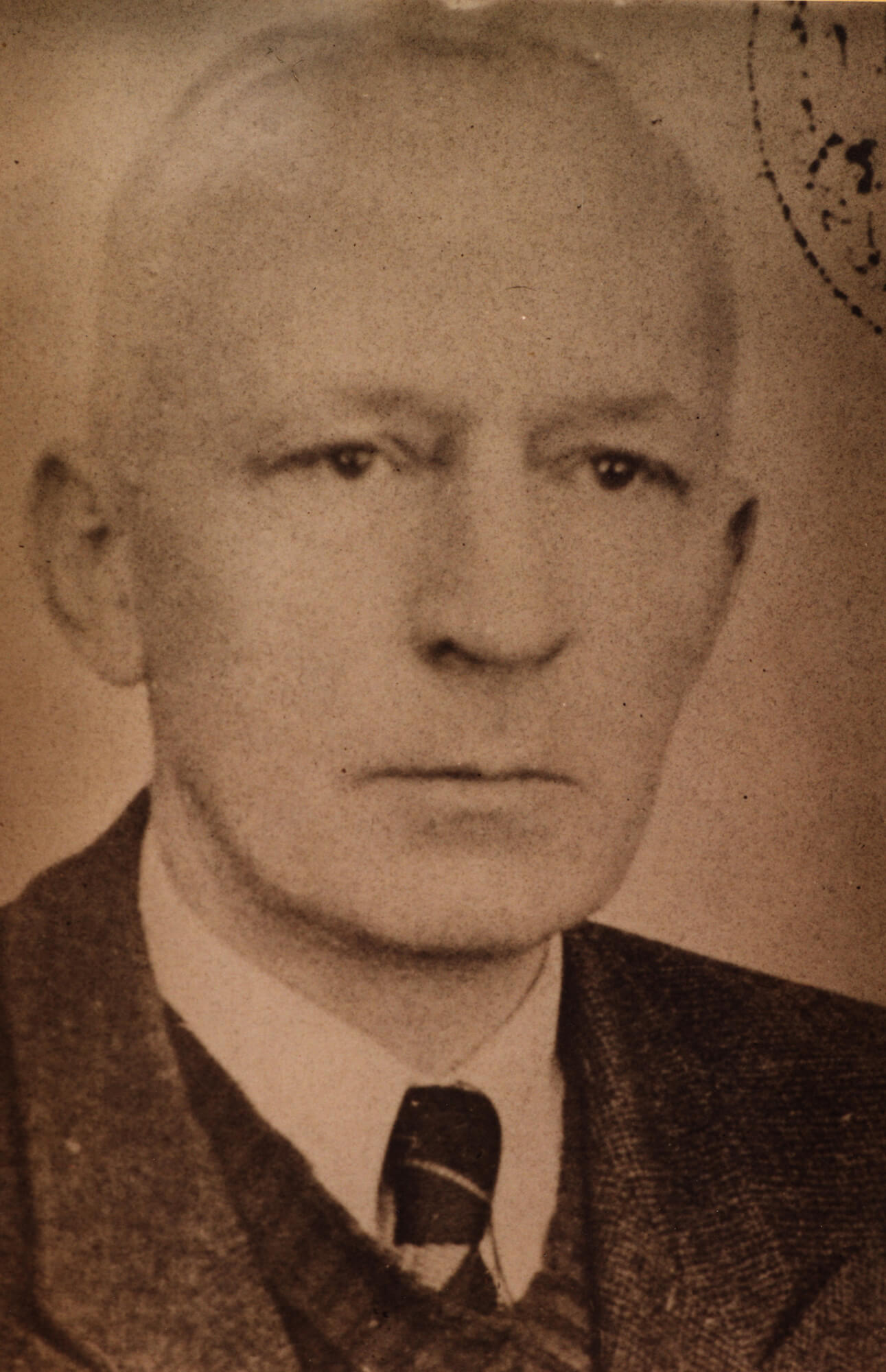
Wiktor Krawczyk (1899-1957)
Born in Dębnowola near Warka, a teacher in Warka schools, social activist, member of the Polish Tourism and Sightseeing Society (Polskie Towarzystwo Turystyczno-Krajoznawcze, PTTK), author of the first guide to Warka, and the Town’s chronicle, who also commented on contemporary affairs in his articles. Buried at the parish cemetery in Warka.
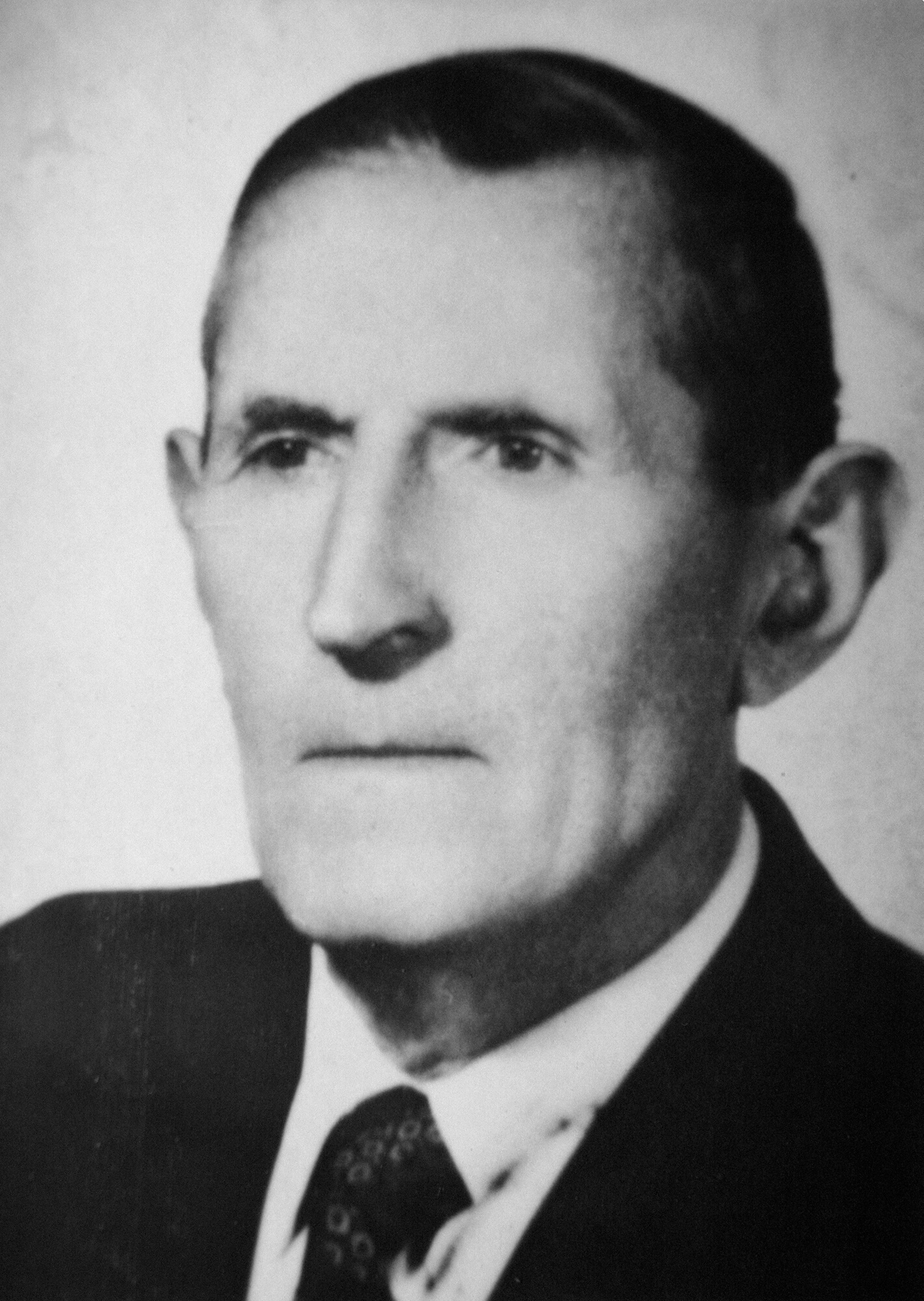
Aleksander Gajewski (1910-1993)
Born in Warka, godson of Fr. Marceli Ciemniewski, a teacher, soldier of the Home Army, exiled to Siberia. Later active in the Polish Tourism and Sightseeing Society (Polskie Towarzystwo Turystyczno-Krajoznawcze, PTTK); collected souvenirs connected with the history and culture of Warka lands; wrote articles on the events in the region.
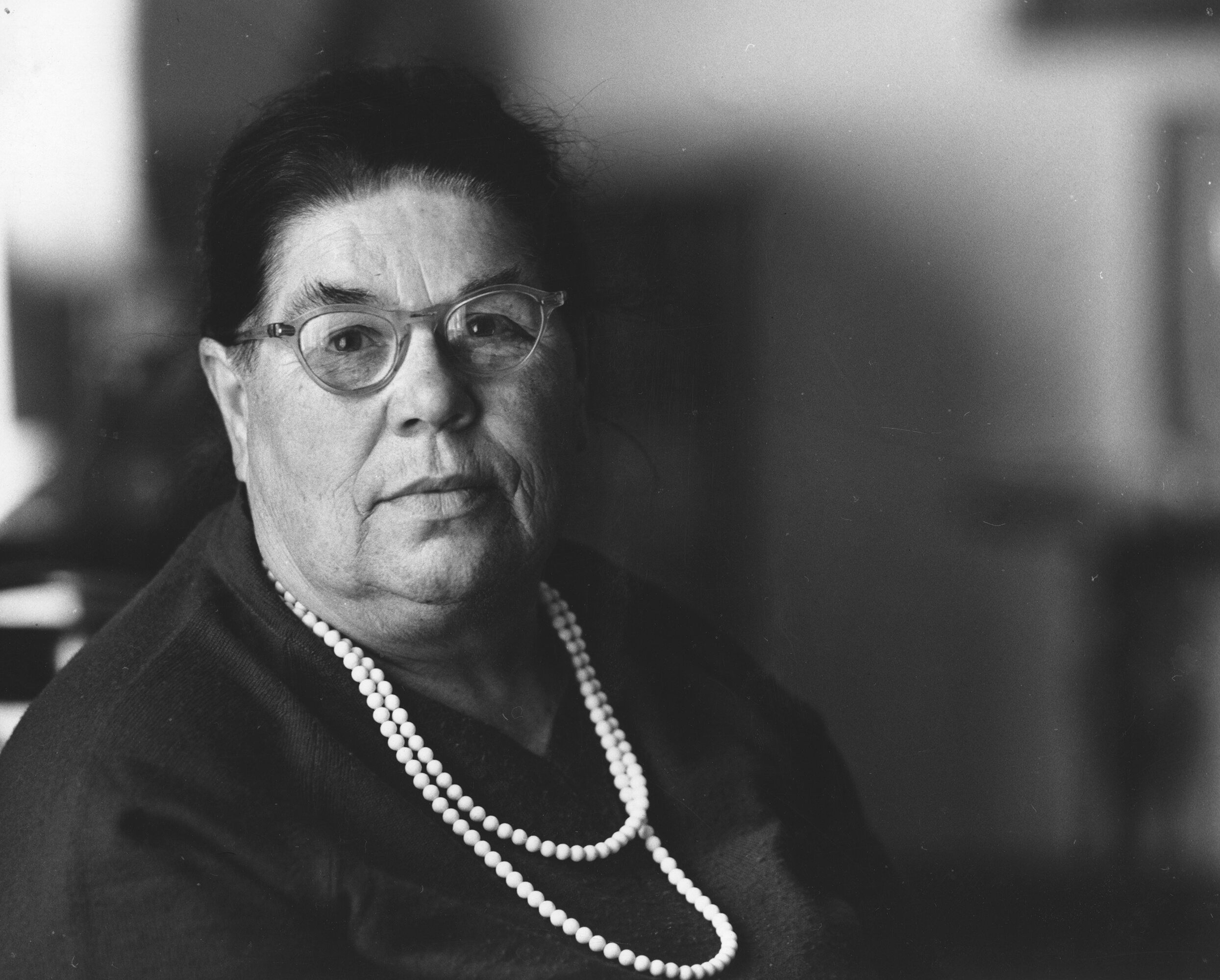
Aleksandra Lewandowska (1909-1992)
A cultural activist, called in Warka “auntie Ola” or “Warka’s good auntie.” She worked in the Mazovian Winery (Mazowiecka Wytwórnia Win) in their socio-cultural department. A student of Aleksander Zelwerowicz; graduated from a course for amateur theater group managers. Since 1951, she managed a Drama Club at the Winery, which performed “Ladies and Hussars” (“Damy i huzary”) by Aleksander Fredro and “The Morality of Mrs. Dulska” (“Moralność Pani Dulskiej”) by Gabriela Zapolska.
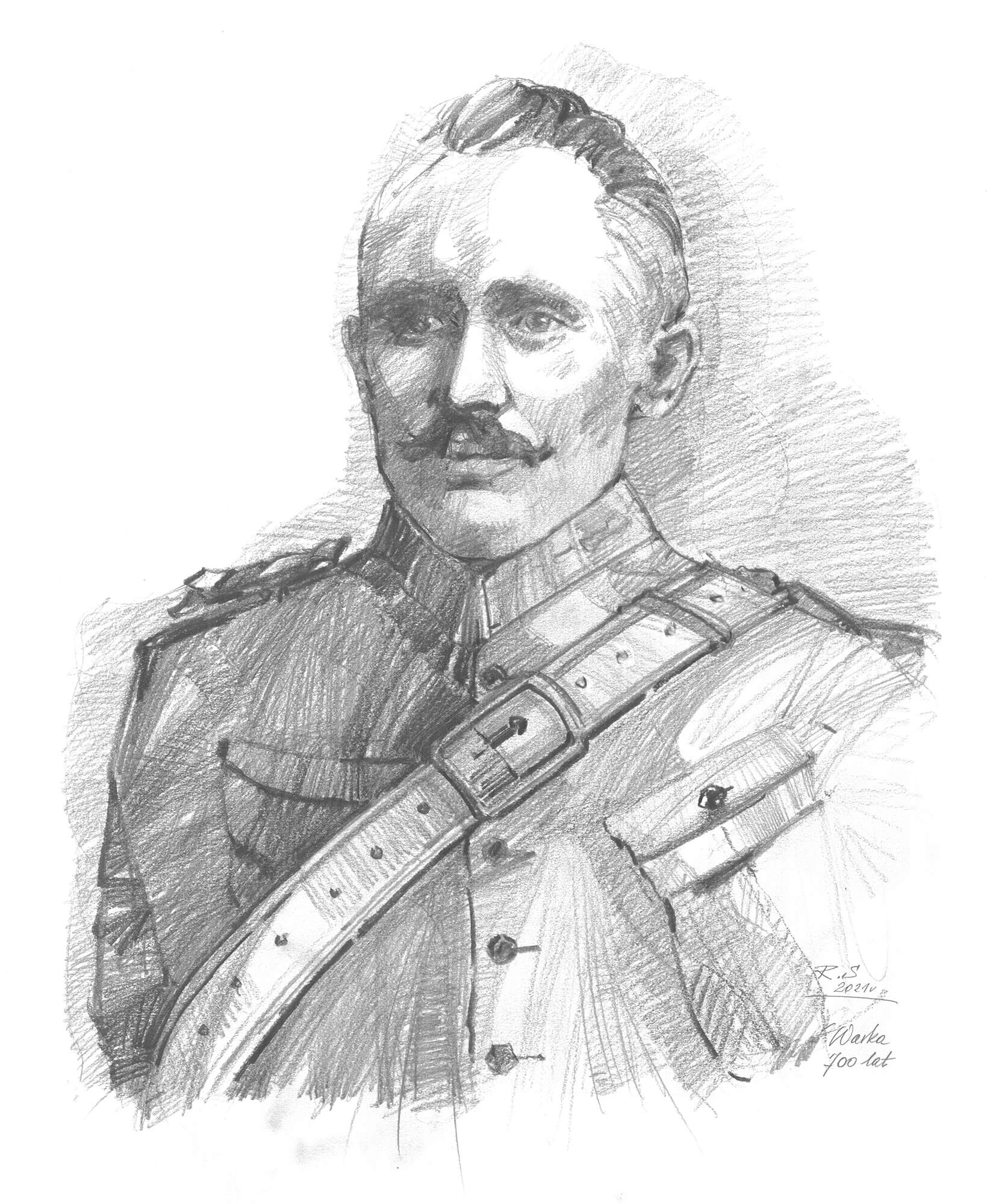
Józef Manczarski (1845-1926)
A resident of Warka; participated in the January Uprising at 18, when he joined Władysław Kononowicz’s unit. Imprisoned in the Warsaw Citadel. He saved many Warka residents from being arrested by not revealing sensitive information during interrogation. Buried at the local parish cemetery.
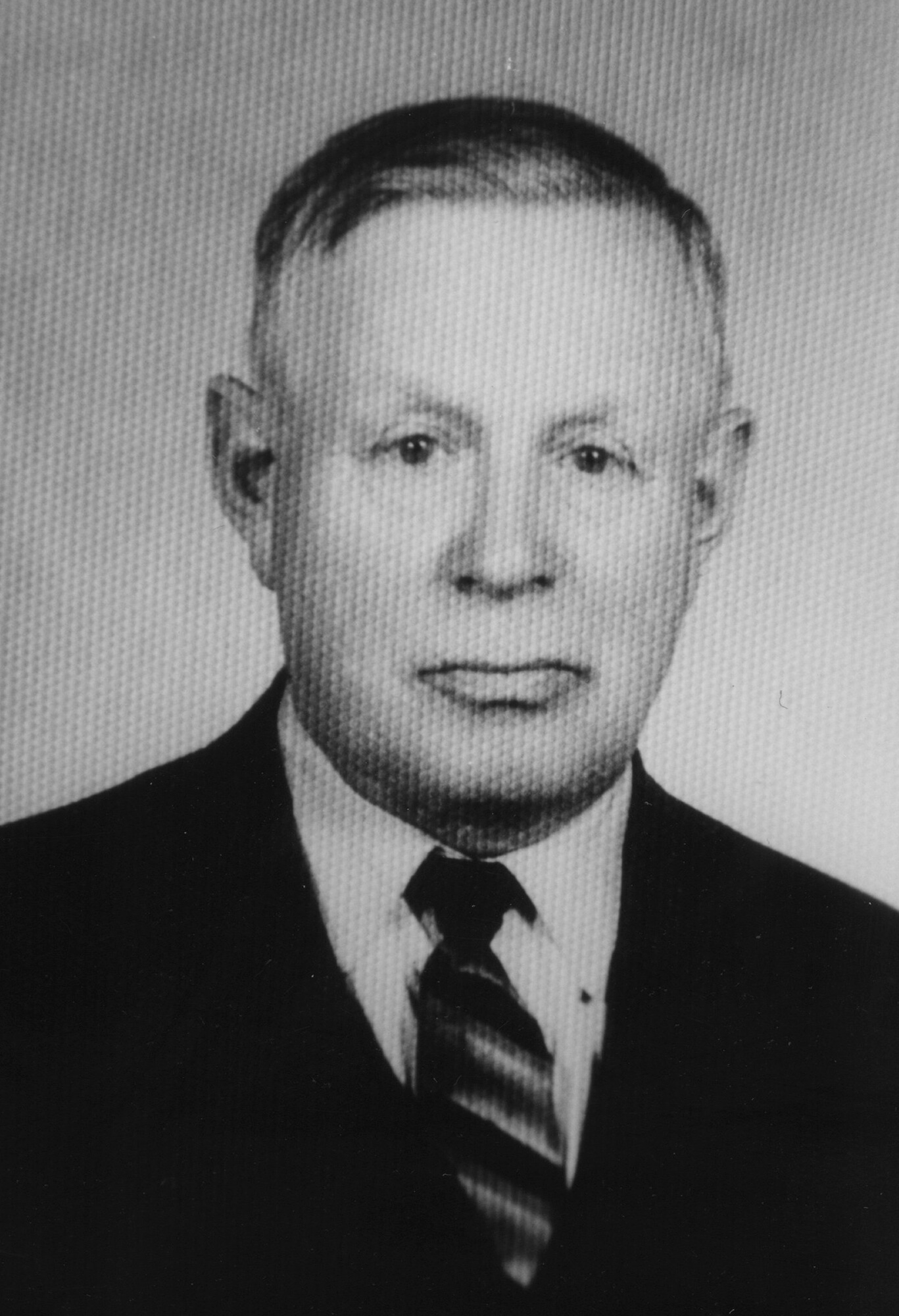
Feliks Nowakowski (1898-1971)
Born in the village of Łanięta near Kutno, graduated from the University of Political Sciences (Wyższa Szkoła Nauk Politycznych) in Warsaw, a local activist in the peasants’ and cooperative movements, for some time worked for the Mechanical Equipment Factory (Fabryka Urządzeń Mechanicznych, FUM) in Warka. In 1929, he married teacher Zofia Ledóchowska. Buried at the parish cemetery in Warka.

Maria Ropelewska (?-?)
A daughter of January Uprising rebel Marcin Ropelewski, who is buried at the parish cemetery in Warka. For around 19 years, she worked as a teacher at a girls’ school in Warka. She became a promoter of the idea of the countryside school nationalization (1905-1907), for which she was dismissed. The rest of her life is a mystery. It is, however, possible that in the years 1926-1938, she held the office of Principal of the Maria Konopnicka State High School in Suwałki.
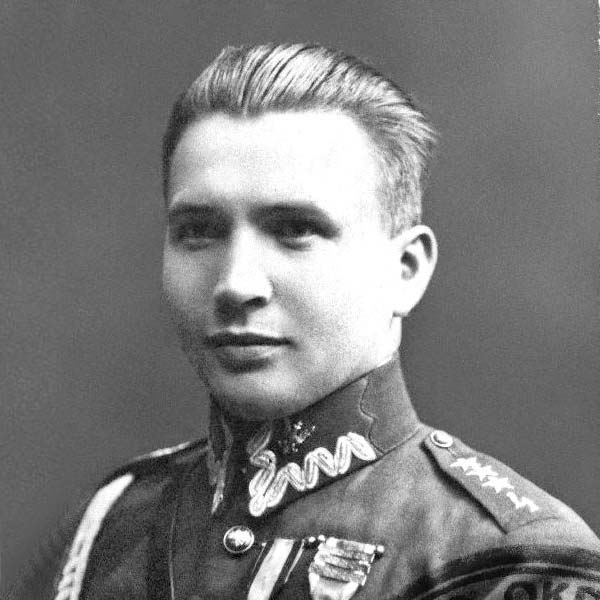
Gen. Leopold Okulicki, nom de guerre Niedźwiadek (Eng. Little Bear, 1898–1946)
Home Army’s Commander-in-Chief
In September 1939, he took part in the defense of Warsaw. After the defeat failed, he joined the Service for Poland’s Victory and then the Union of Armed Struggle.
Arrested by the NKVD, he was released during an amnesty following the Sikorski-Mayski Agreement of 1941. Once freed, he joined the Polish army that was being re-created in the USSR. He reached the West and was transported back to the country with a unit called Silent Unseen (“cichociemni”) that were elite special-operations paratroopers of the Polish Army in exile.
On October 1, 1944, he became Commander-in-Chief of the Home Army. He was arrested in 1945 by the NKVD and tried during the so-called “Trial of the Sixteen,” which was a staged trial of sixteen leaders of the Polish Secret State held by the Soviet Union in Moscow in 1945.
He died in Moscow on December 24, 1946.
